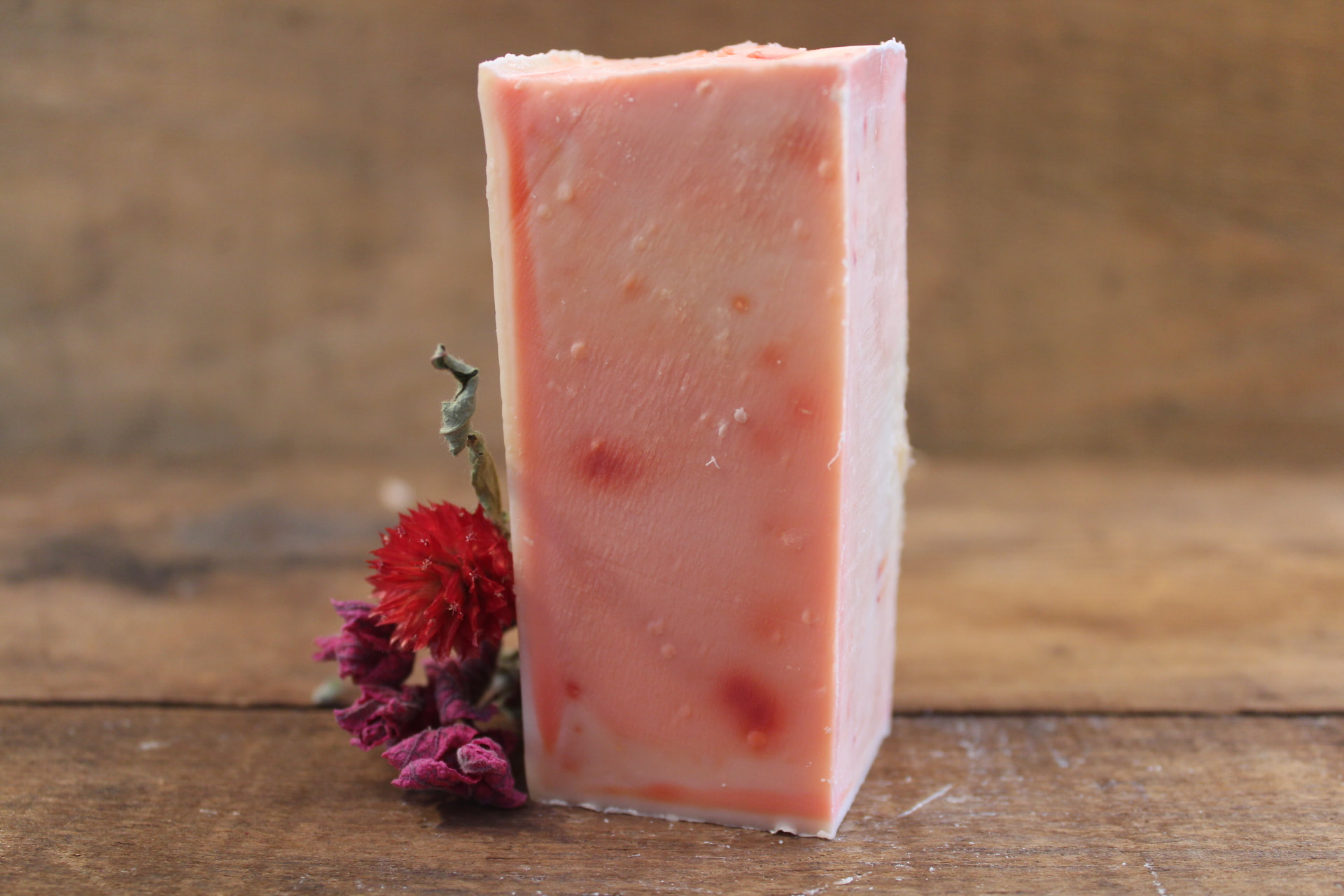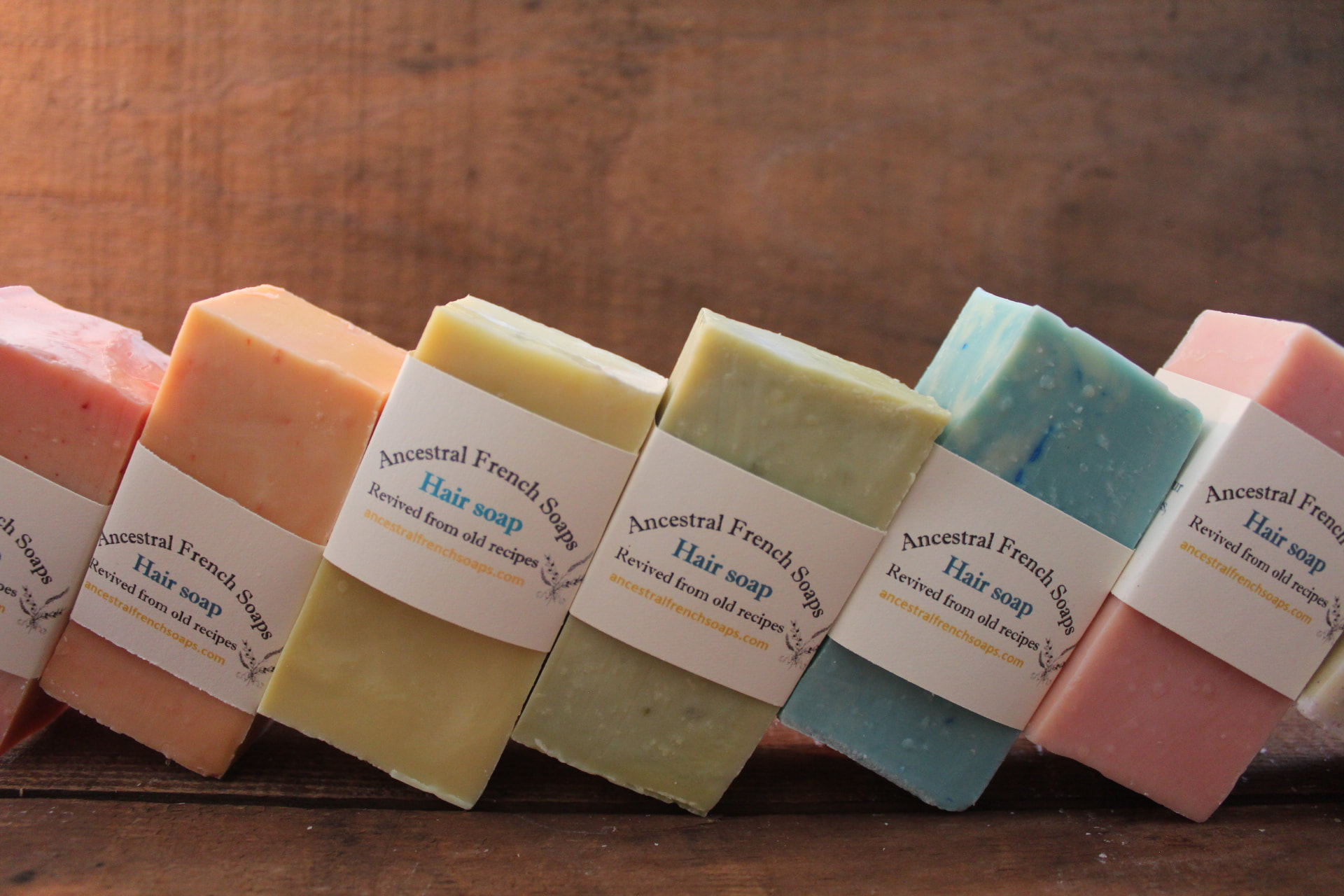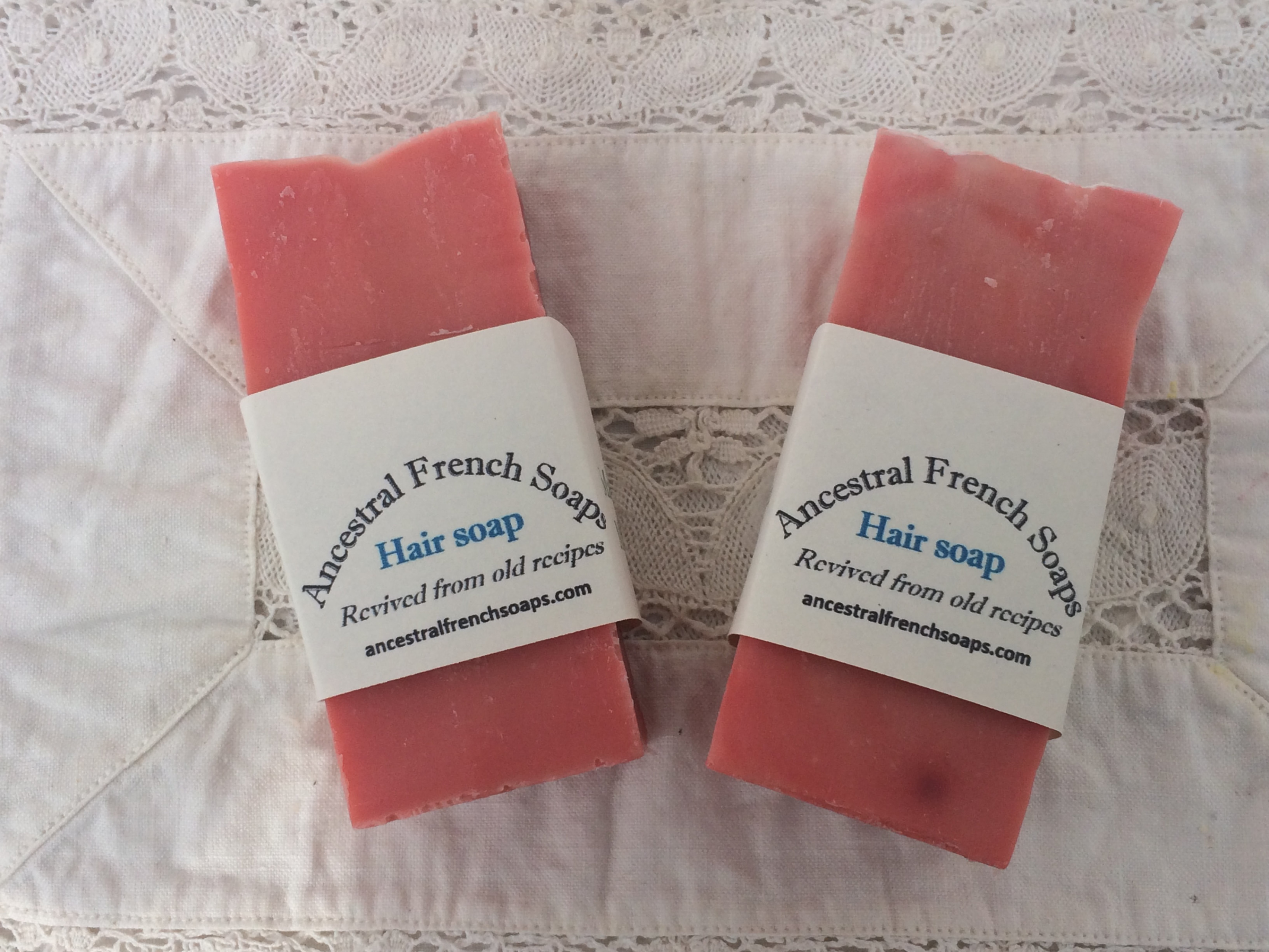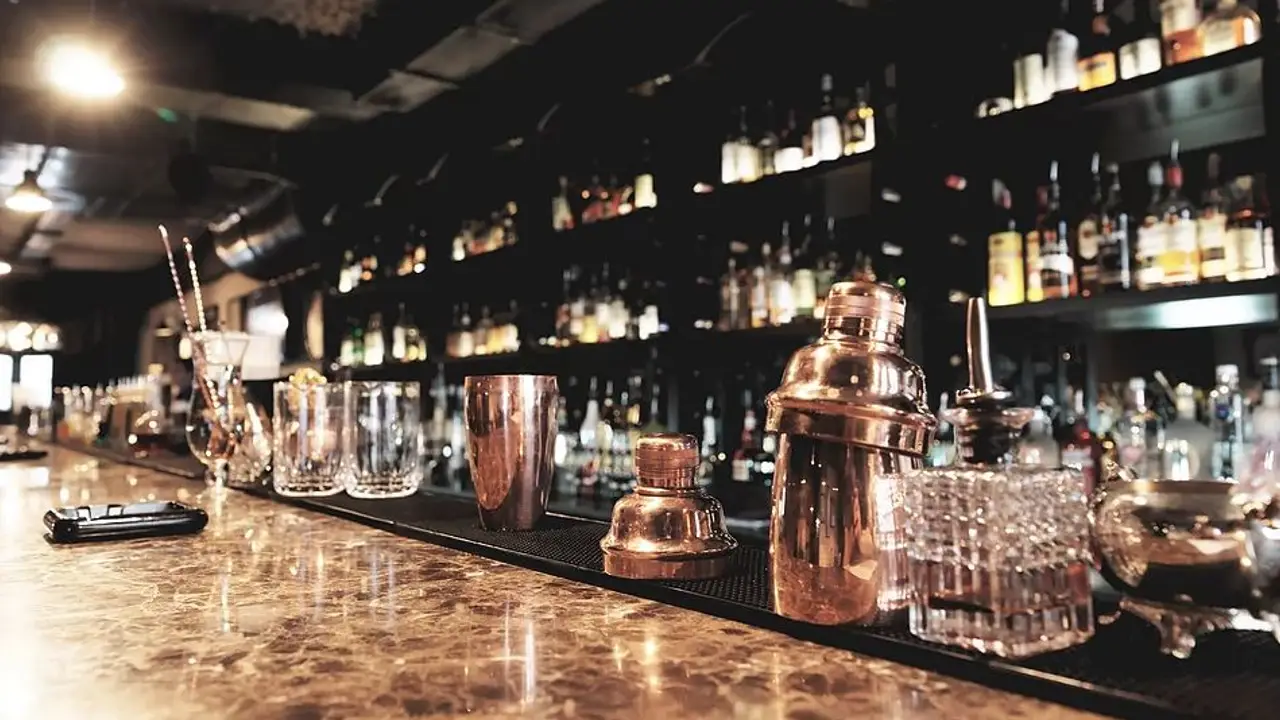If you're like most people, you probably use your kitchen sink multiple times a day without giving it much thought. But what happens when your reliable sink suddenly starts draining slowly or not at all? Chances are, you're dealing with a clog. And while there can be several reasons for kitchen sink clogs, one of the most common causes is the buildup of grease and food debris. Grease and oils from cooking can easily coat the inside of your pipes, creating a sticky trap for food particles to cling onto. Over time, this buildup can become so thick that it causes a blockage, preventing water from flowing freely through your pipes. To avoid this type of clog, it's important to properly dispose of grease and food scraps in the trash instead of washing them down the sink. You can also pour hot water down your drain regularly to help break down any buildup and keep your pipes clear.Grease and Food Buildup
Another common cause of kitchen sink clogs is damage to the pipes themselves. This can happen in a variety of ways, such as old age, deterioration, or even tree roots growing into your pipes. If your pipes are damaged, they may develop cracks, holes, or other obstructions that can trap debris and cause clogs. In some cases, the damage may be severe enough to require professional repair or replacement. To prevent pipe damage and subsequent clogs, it's important to regularly inspect your pipes for any signs of wear and tear. If you notice any issues, be sure to address them as soon as possible to avoid more serious problems down the line.Pipe Damage
Accidents happen, and sometimes foreign objects can accidentally end up in your kitchen sink. This can include things like utensils, bottle caps, and even small toys. While these items may not seem like a big deal, they can easily get stuck in your pipes and cause clogs. Additionally, items like coffee grounds and eggshells may seem harmless, but they can also cause clogs as they don't break down easily and can clump together in your pipes. To prevent foreign objects from causing clogs in your kitchen sink, be mindful of what you're putting down the drain. Use a drain cover to catch any small items that may accidentally fall in, and always dispose of coffee grounds and eggshells in the trash.Foreign Objects
If you live in an area with hard water, you may be familiar with the white buildup that can form on your faucets and showerheads. This same buildup can also occur inside your pipes, causing clogs and reduced water flow. To combat hard water deposits, you can install a water softener or use a descaling solution to break down the buildup. Regularly cleaning your faucets and showerheads can also help prevent the buildup from getting too thick and causing clogs.Hard Water Deposits
Garbage disposals are a convenient appliance to have in your kitchen, but they can also be a common culprit of kitchen sink clogs. This is often due to improper usage, such as putting too many food scraps down at once or disposing of items that shouldn't be put in the disposal, like fibrous vegetables or large bones. To avoid clogs caused by your garbage disposal, be sure to only put small amounts of food scraps down at a time and avoid putting anything that can't easily break down into the disposal.Improper Garbage Disposal Usage
Believe it or not, tree roots can also be a main cause of kitchen sink clogs. As trees grow, their roots can spread and invade underground pipes, causing blockages and even damage. If you have trees near your home, it's important to keep an eye out for any signs of root invasion, such as slow drainage or foul odors. In severe cases, you may need to have the roots professionally removed or have your pipes rerouted. To prevent tree roots from causing clogs, it's best to avoid planting trees near your sewer lines and to regularly inspect and maintain your pipes.Tree Roots
Over time, even the best plumbing can start to deteriorate, leading to clogs and other issues. This is especially true for older homes with outdated plumbing systems. If you have an older home, it's important to keep an eye out for any signs of plumbing problems, such as slow drainage, gurgling sounds, or foul odors. It may be time to replace your pipes or make necessary repairs to prevent further clogs.Old or Faulty Plumbing
While toilet paper is designed to break down easily in water, using too much of it at once can lead to clogs in your kitchen sink. This is because excess toilet paper can get caught on other debris in your pipes and create a blockage. To prevent clogs caused by excessive toilet paper usage, be mindful of how much paper you're using and avoid flushing anything other than toilet paper down your toilet.Excessive Toilet Paper Usage
Soap is an essential part of keeping your dishes and hands clean, but it can also lead to clogs in your kitchen sink. Over time, soap scum can build up in your pipes and create a sticky trap for other debris to get caught on. To prevent soap scum from causing clogs, you can try using a natural dish soap with fewer additives, or regularly pouring hot water down your drain to break down any buildup.Soap Scum
If you have a bathroom sink connected to your kitchen sink, hair and soap residue from handwashing can easily make their way into your pipes and cause clogs. Similarly to soap scum, these substances can build up and create a blockage over time. To prevent this type of clog, try installing a hair catcher in your bathroom sink and regularly cleaning your sink to remove any soap residue.Hair and Soap Residue
The Importance of Proper Maintenance to Avoid Kitchen Sink Clogs

Regular Cleaning
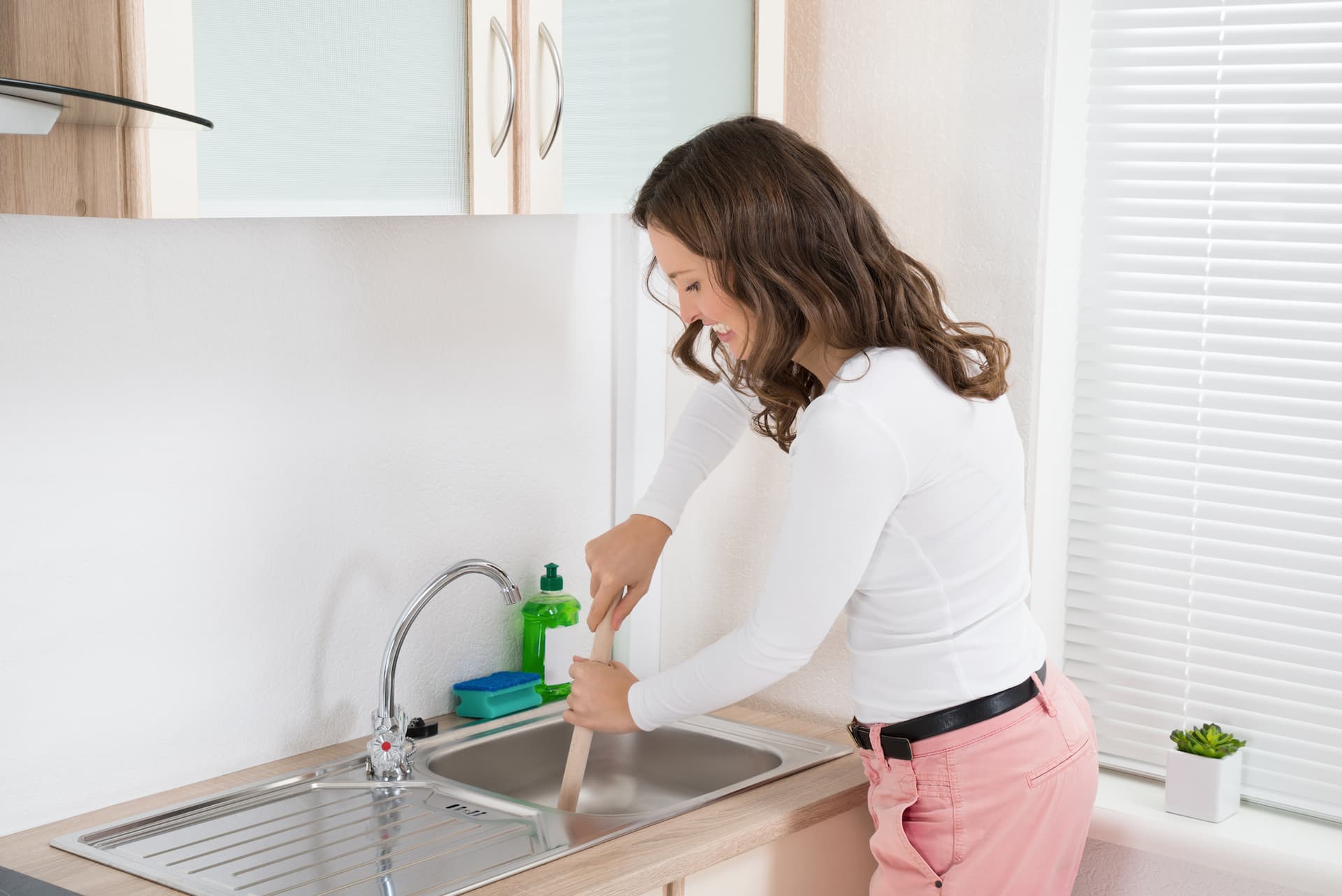 One of the main causes of kitchen sink clogs is the buildup of food scraps, grease, and other debris. If these substances are not regularly removed from the sink and pipes, they can accumulate and block the flow of water. Therefore, it is important to regularly clean your sink and pipes to prevent clogs from occurring. Pouring hot water down the drain every week can help dissolve any buildup and keep your sink functioning properly.
One of the main causes of kitchen sink clogs is the buildup of food scraps, grease, and other debris. If these substances are not regularly removed from the sink and pipes, they can accumulate and block the flow of water. Therefore, it is important to regularly clean your sink and pipes to prevent clogs from occurring. Pouring hot water down the drain every week can help dissolve any buildup and keep your sink functioning properly.
Avoid Pouring Oil and Grease Down the Drain
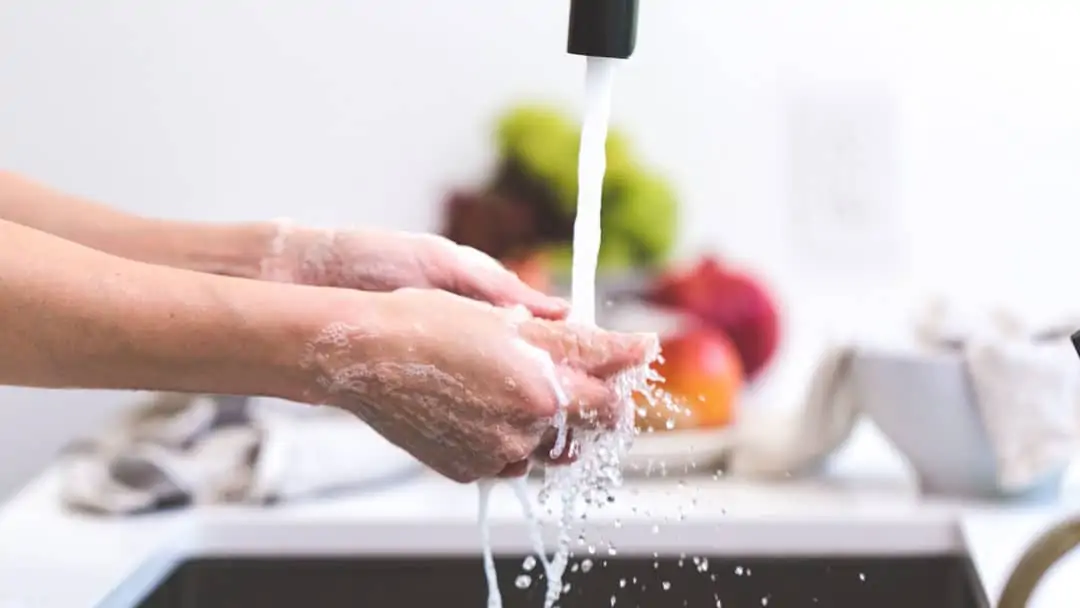 Oil and grease are the enemies of kitchen sinks
and can cause major clogs if poured down the drain. When these substances cool, they solidify and stick to the inside of pipes, trapping other debris and causing a blockage. Instead,
dispose of oil and grease in a separate container
and throw it in the trash once it has solidified. This simple step can go a long way in preventing clogs and keeping your sink clean.
Oil and grease are the enemies of kitchen sinks
and can cause major clogs if poured down the drain. When these substances cool, they solidify and stick to the inside of pipes, trapping other debris and causing a blockage. Instead,
dispose of oil and grease in a separate container
and throw it in the trash once it has solidified. This simple step can go a long way in preventing clogs and keeping your sink clean.
Be Mindful of What You Put Down the Garbage Disposal
 While garbage disposals are convenient, they can also contribute to kitchen sink clogs if not used properly.
Hard items such as bones, fruit pits, and coffee grounds
should never be put down the disposal as they can damage the blades and cause clogs.
Fibrous foods like celery and potato peels
can also wrap around the blades and cause clogs. It is important to
always run cold water
when using the disposal to help flush waste down the drain.
While garbage disposals are convenient, they can also contribute to kitchen sink clogs if not used properly.
Hard items such as bones, fruit pits, and coffee grounds
should never be put down the disposal as they can damage the blades and cause clogs.
Fibrous foods like celery and potato peels
can also wrap around the blades and cause clogs. It is important to
always run cold water
when using the disposal to help flush waste down the drain.
Properly Maintain Your Plumbing System
 Regularly inspecting and maintaining your plumbing system can also help prevent kitchen sink clogs.
Leaky pipes and faucets
can cause excess water to seep into your sink, creating a breeding ground for mold and bacteria. This can also cause clogs if the water is not properly draining. It is important to
fix any leaks promptly
and
check for any signs of damage to your pipes
that may lead to clogs in the future.
In conclusion,
proper maintenance and regular cleaning
are key to avoiding kitchen sink clogs. By being mindful of what you put down the drain and properly maintaining your plumbing system, you can keep your sink functioning properly and avoid the inconvenience and expense of a clogged sink. Remember to
regularly clean your sink, avoid pouring oil and grease down the drain, be careful with your garbage disposal, and maintain your plumbing system
to keep your kitchen sink clog-free.
Regularly inspecting and maintaining your plumbing system can also help prevent kitchen sink clogs.
Leaky pipes and faucets
can cause excess water to seep into your sink, creating a breeding ground for mold and bacteria. This can also cause clogs if the water is not properly draining. It is important to
fix any leaks promptly
and
check for any signs of damage to your pipes
that may lead to clogs in the future.
In conclusion,
proper maintenance and regular cleaning
are key to avoiding kitchen sink clogs. By being mindful of what you put down the drain and properly maintaining your plumbing system, you can keep your sink functioning properly and avoid the inconvenience and expense of a clogged sink. Remember to
regularly clean your sink, avoid pouring oil and grease down the drain, be careful with your garbage disposal, and maintain your plumbing system
to keep your kitchen sink clog-free.








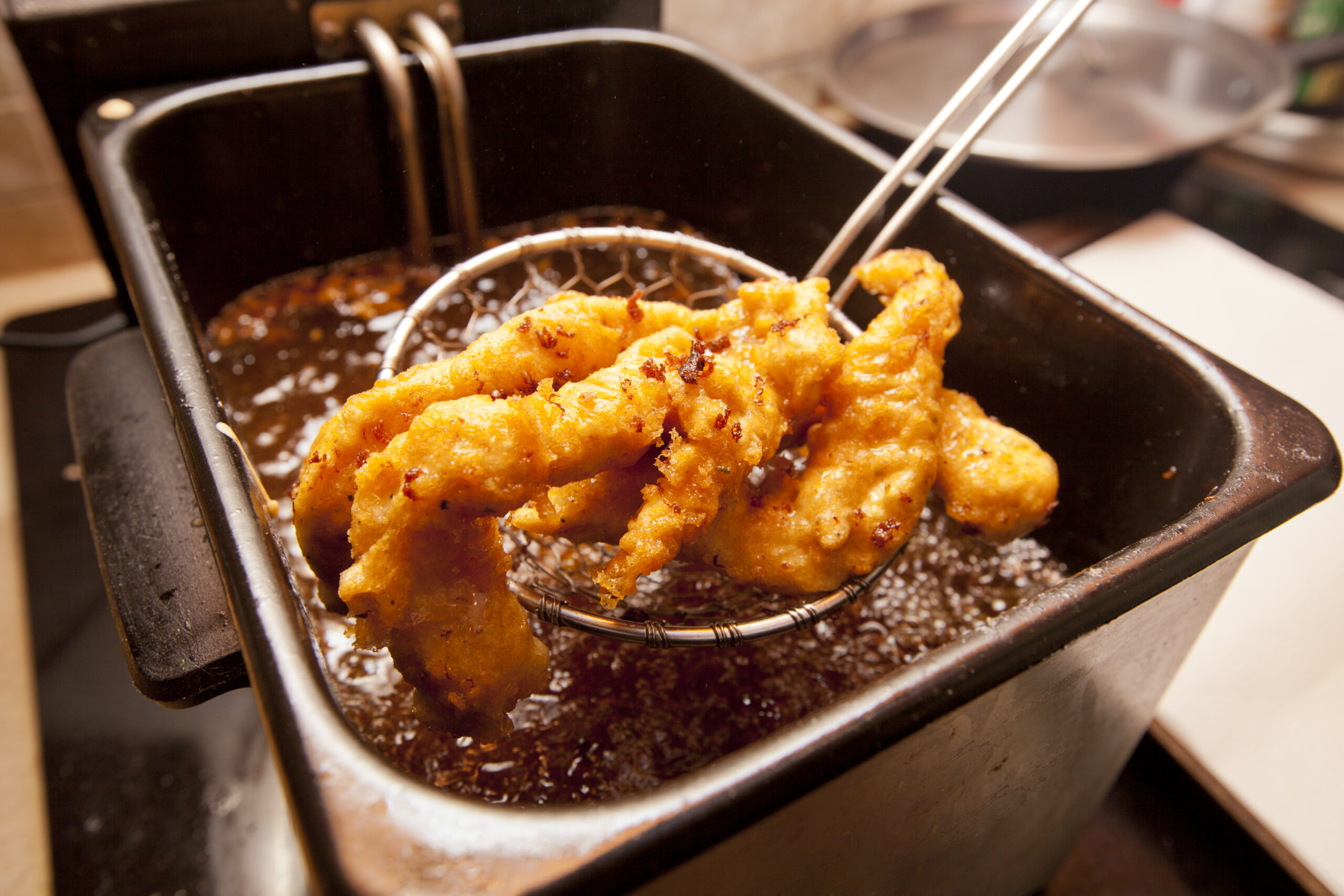

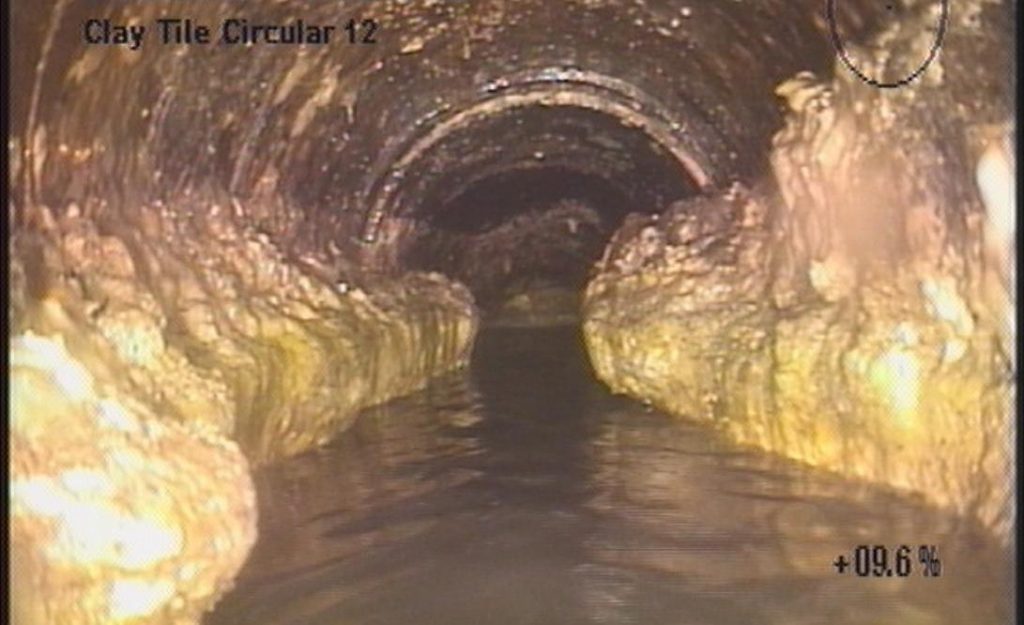

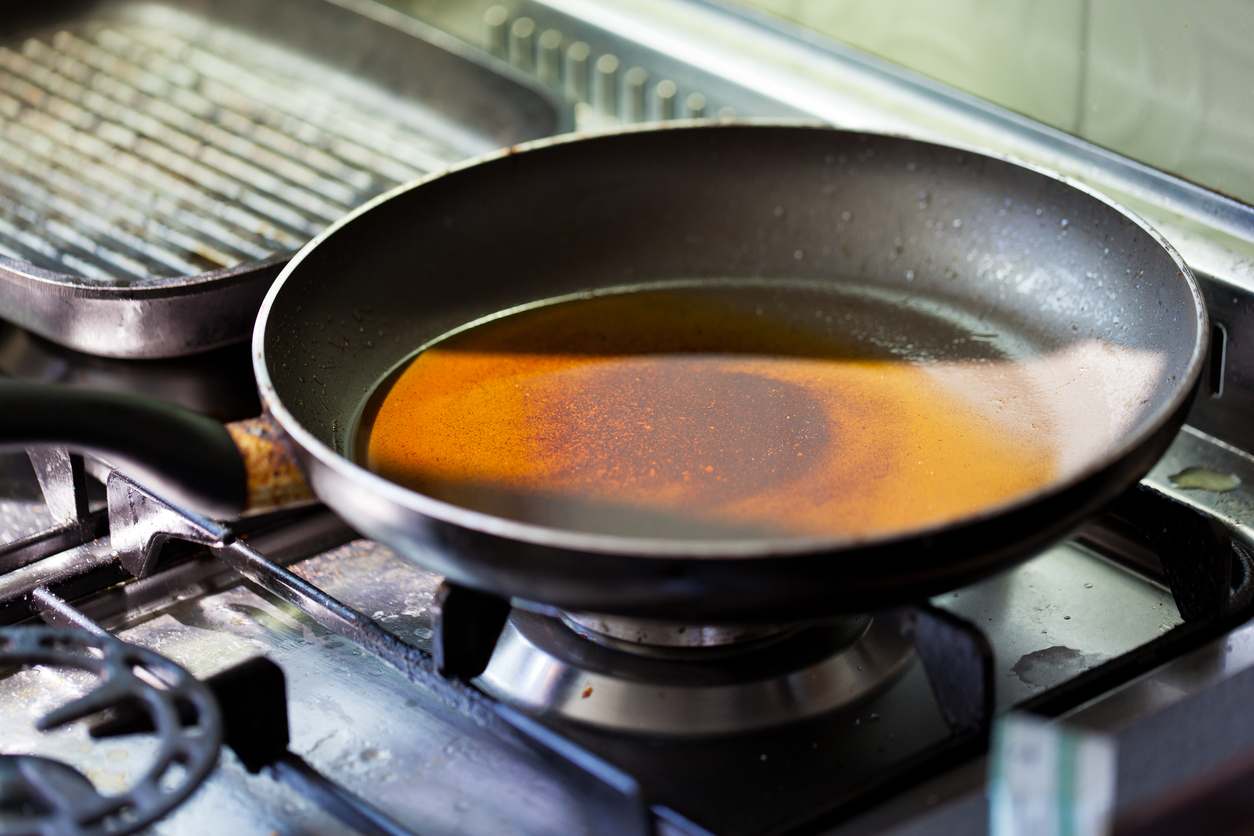
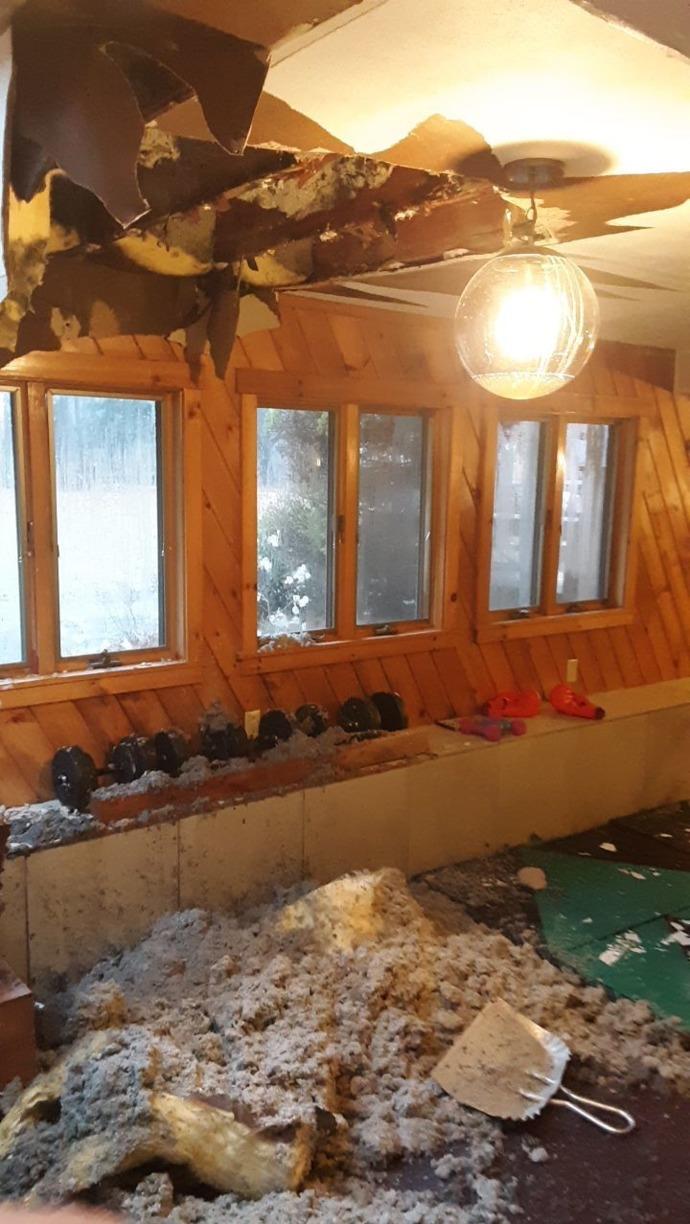

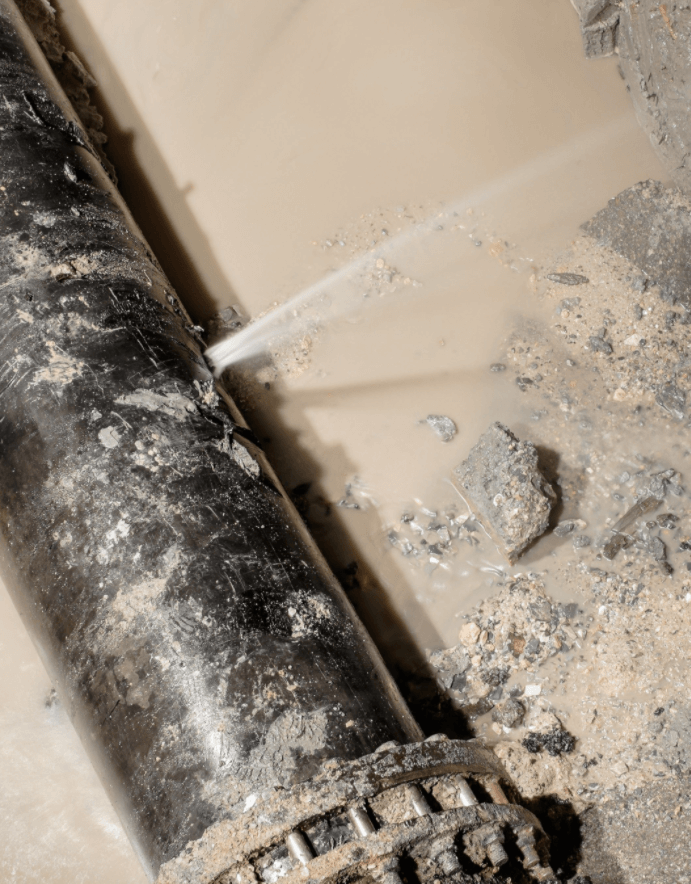
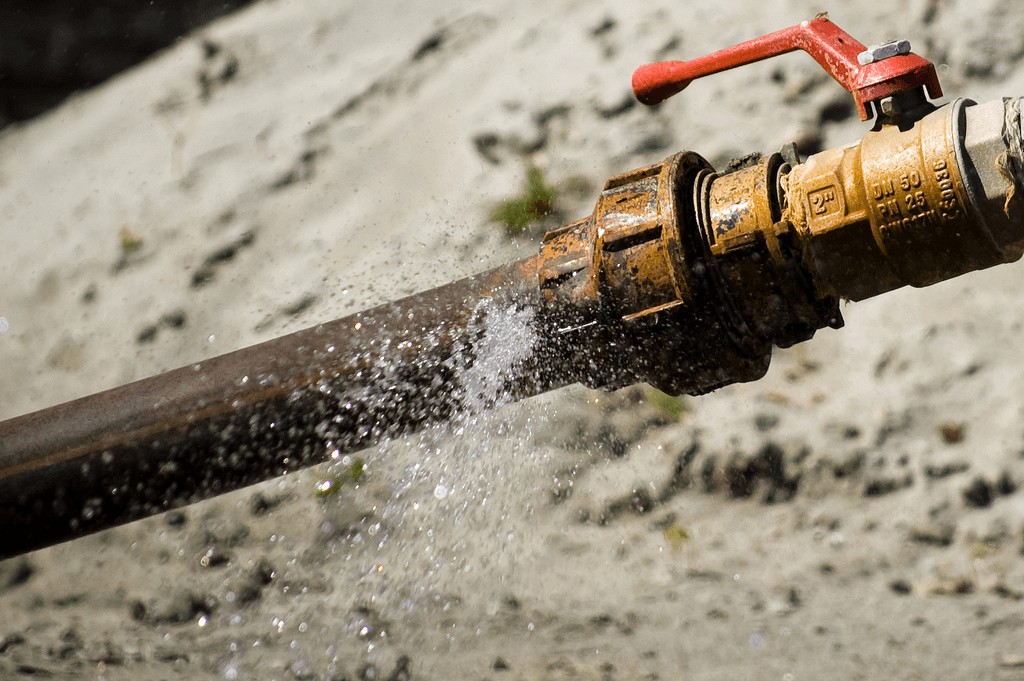
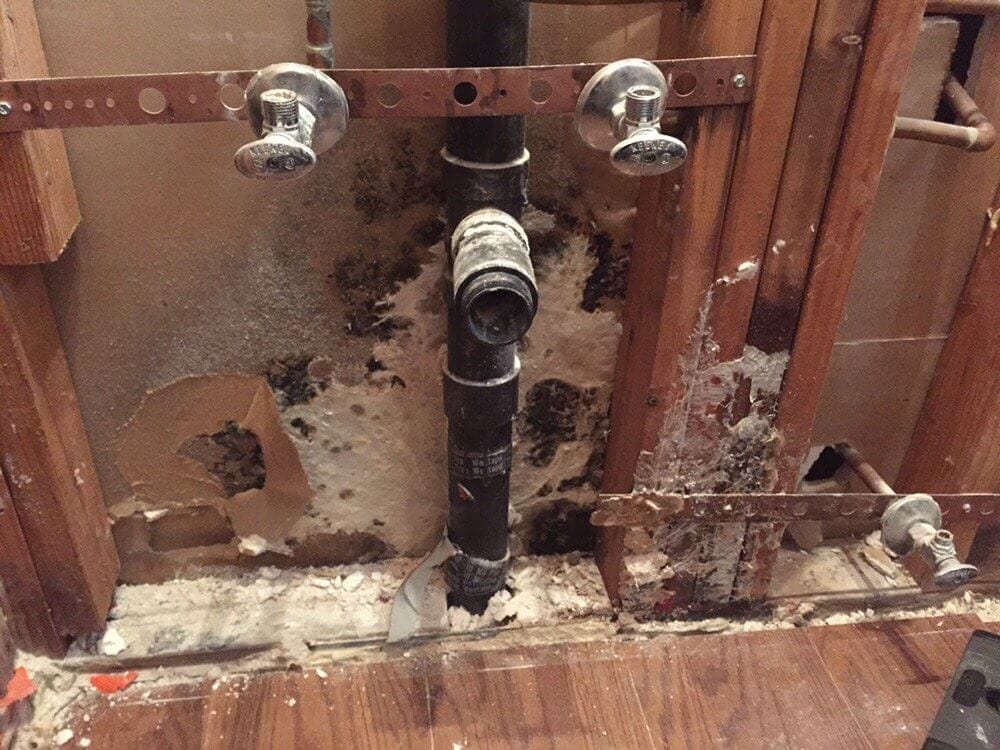

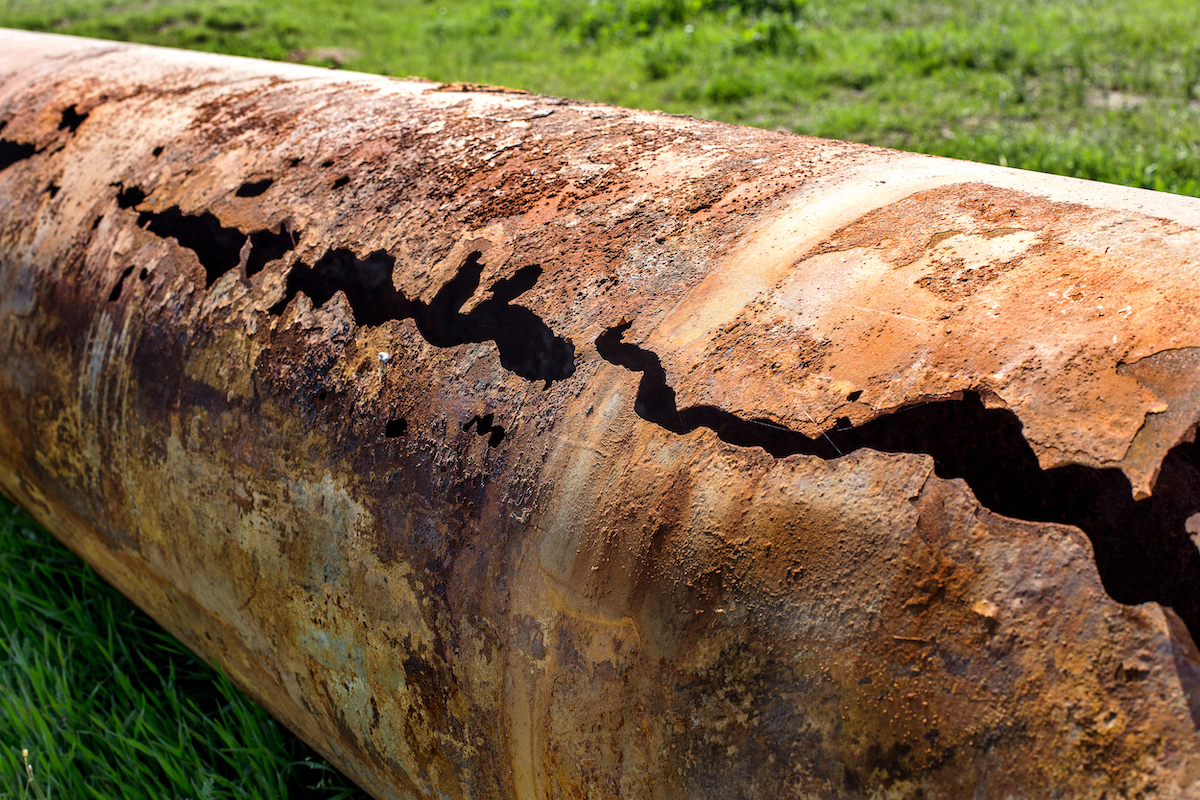


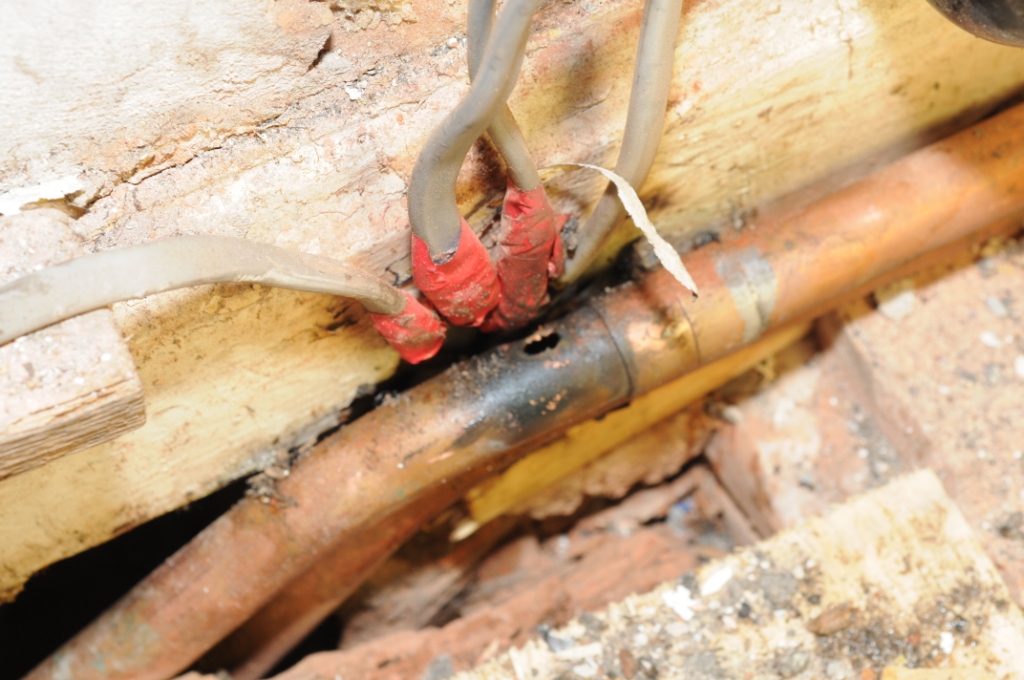

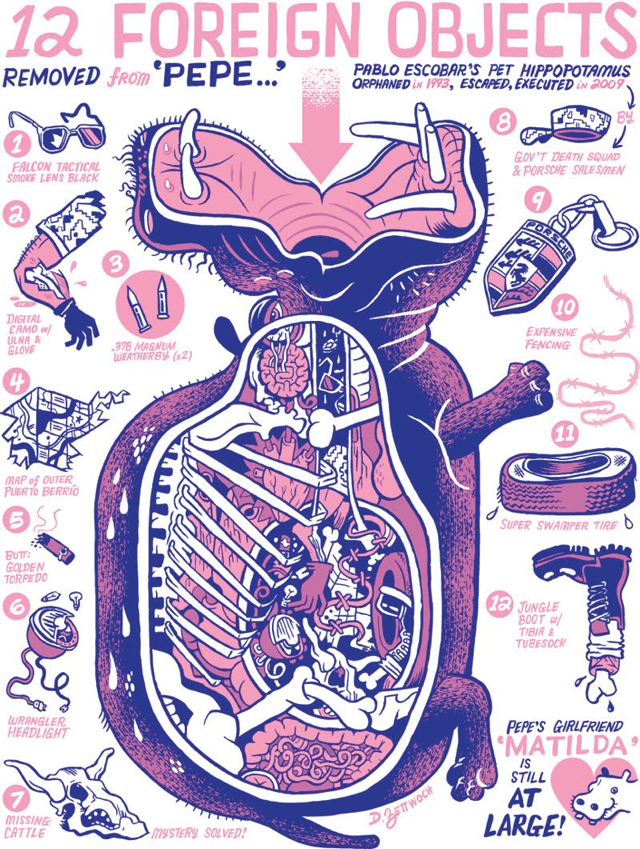





.jpg)
.jpg)




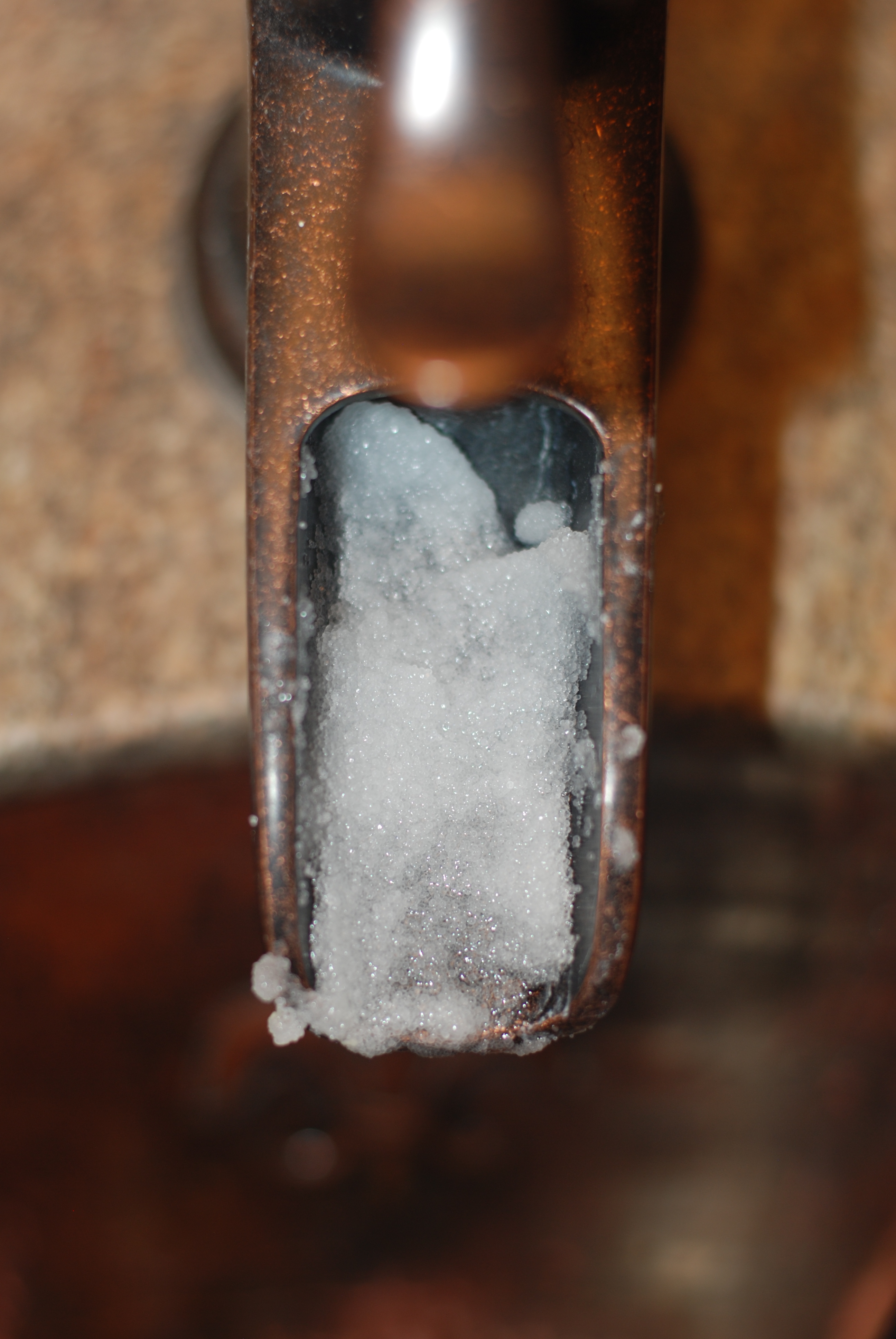

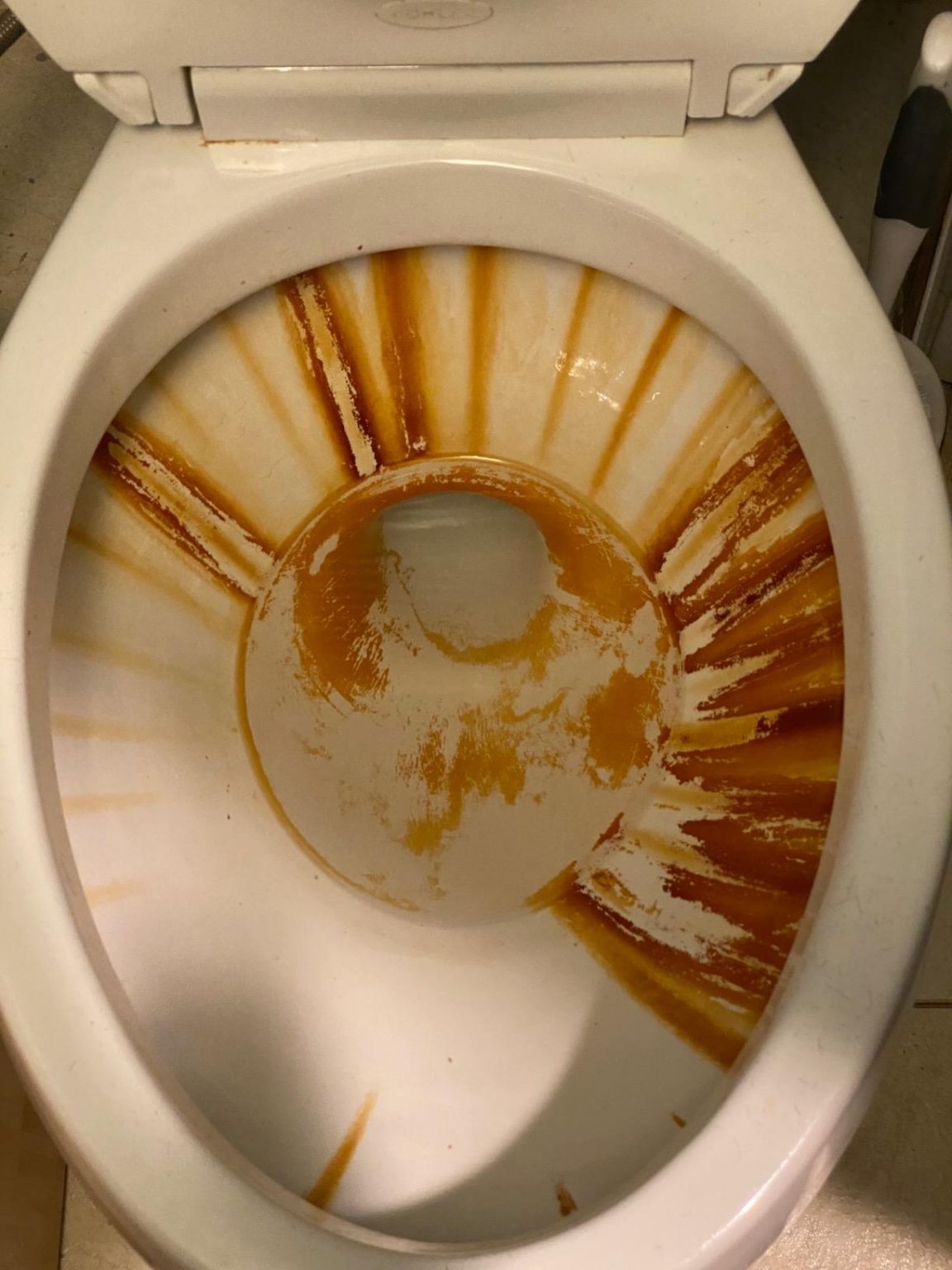



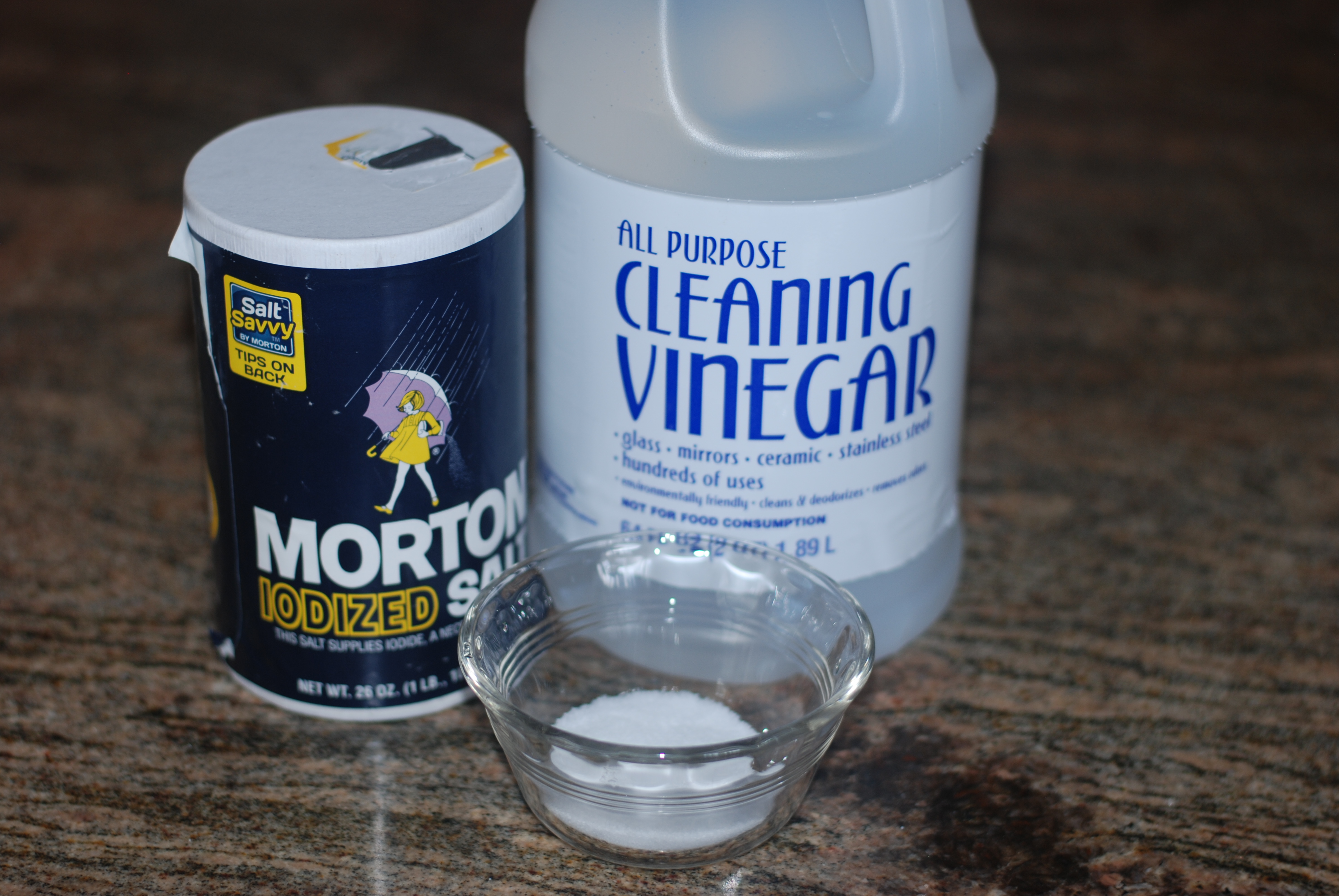
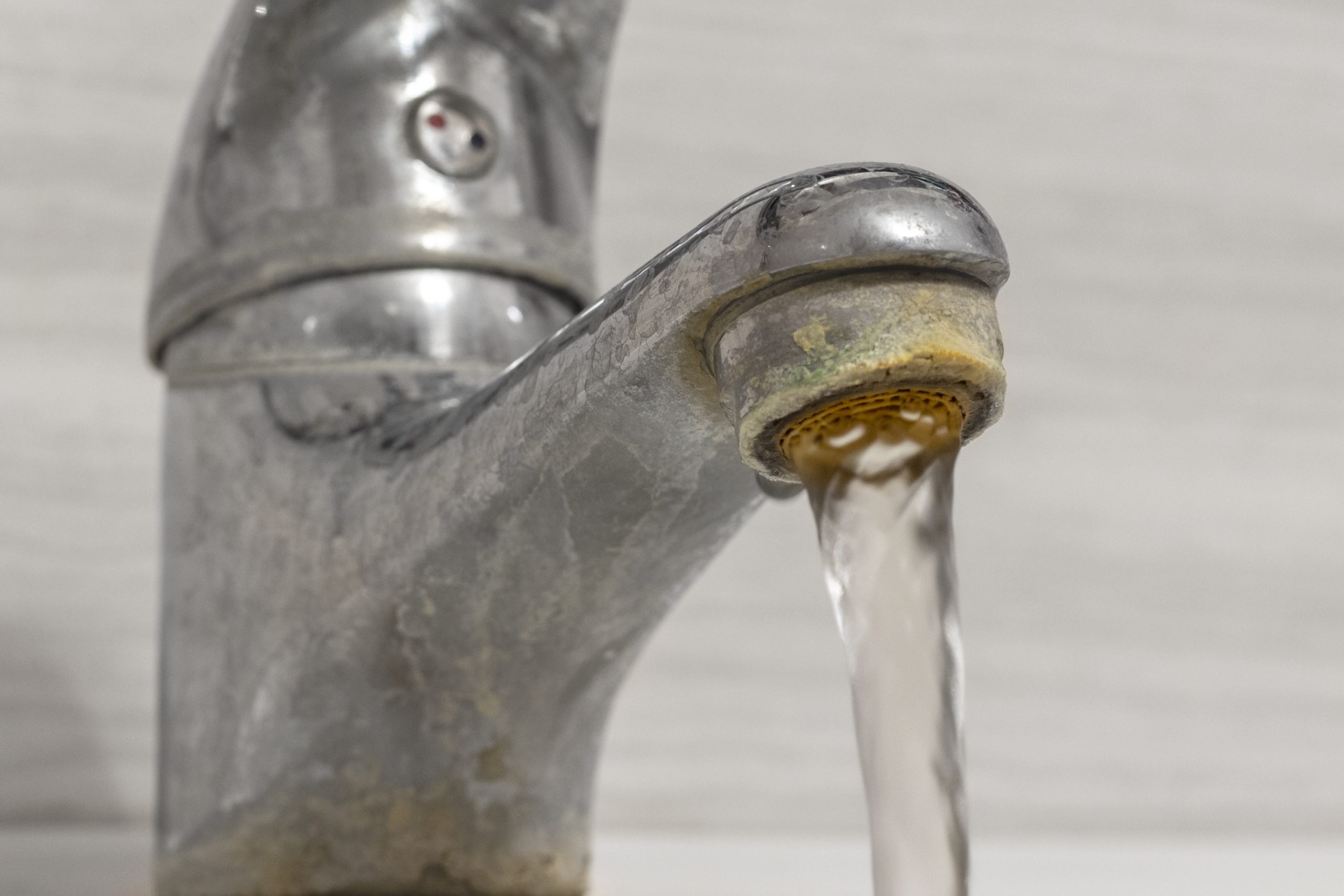
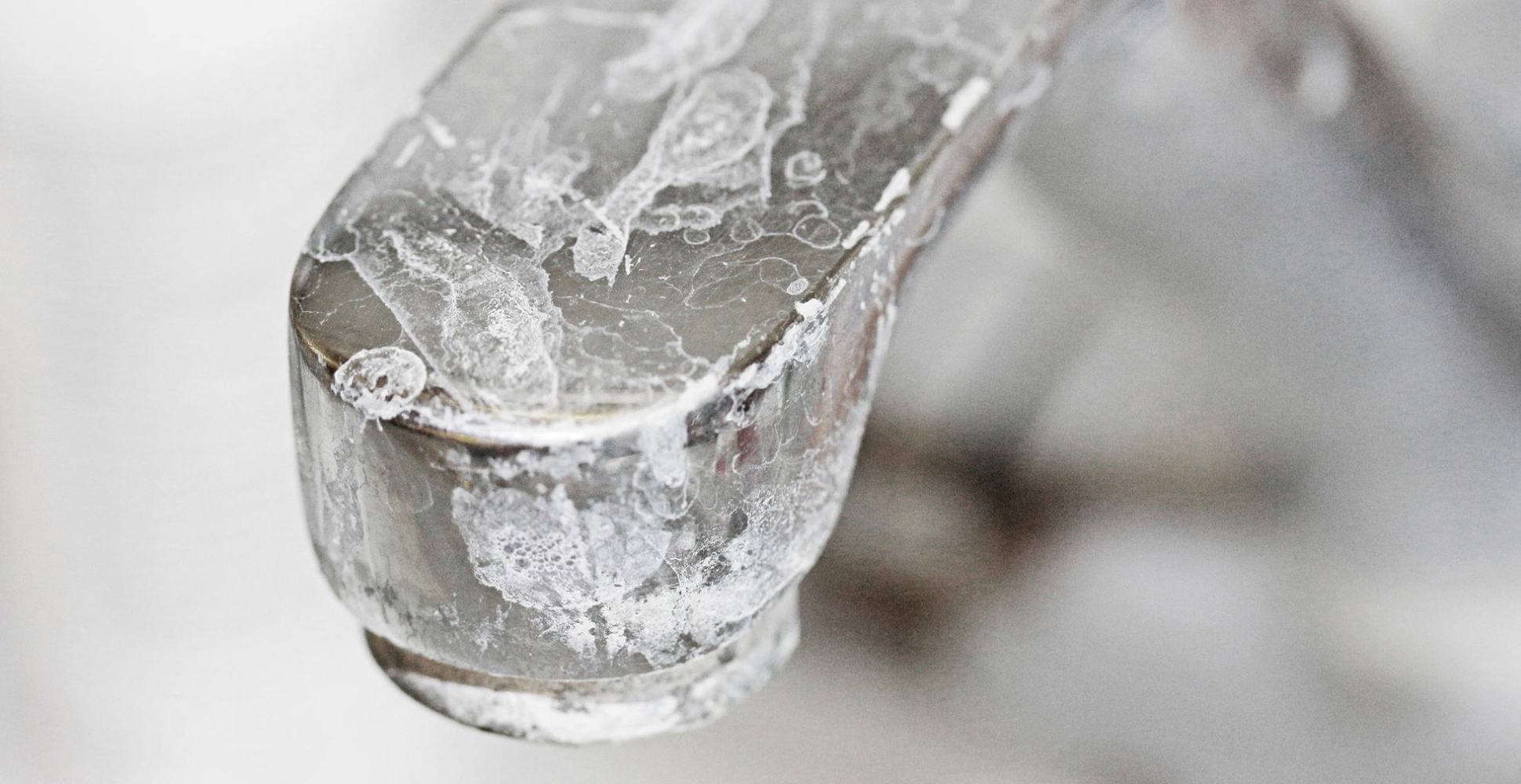


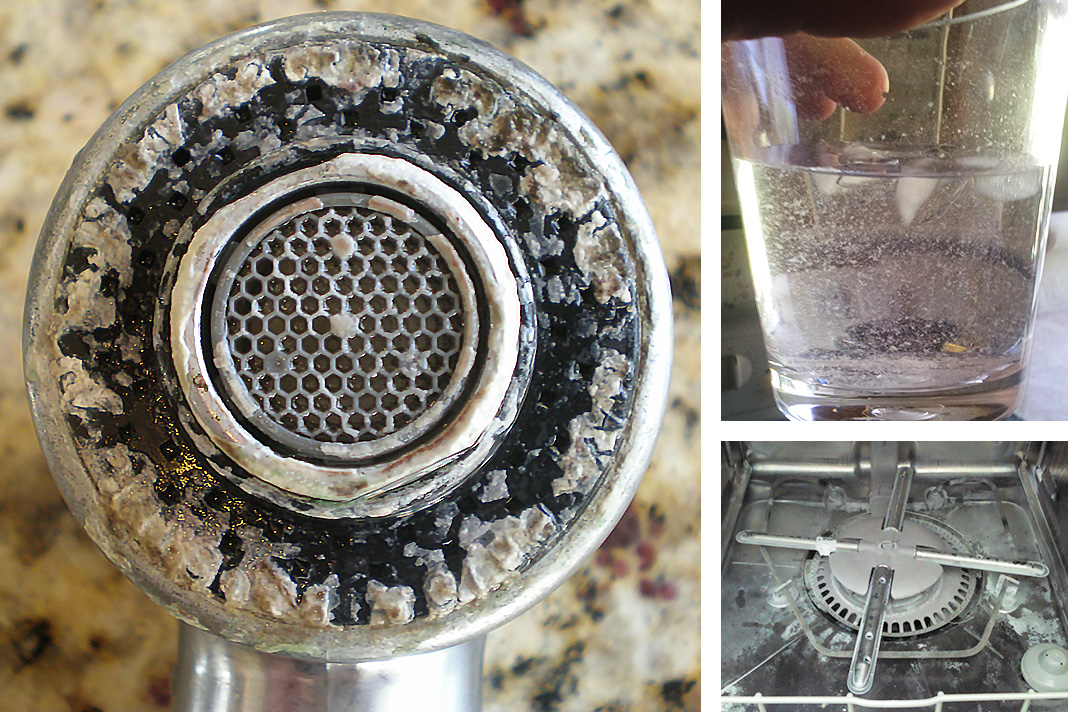
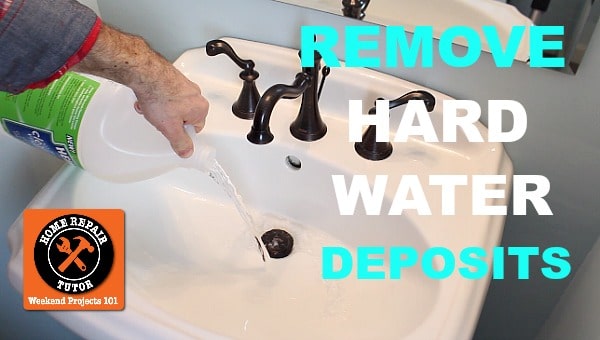





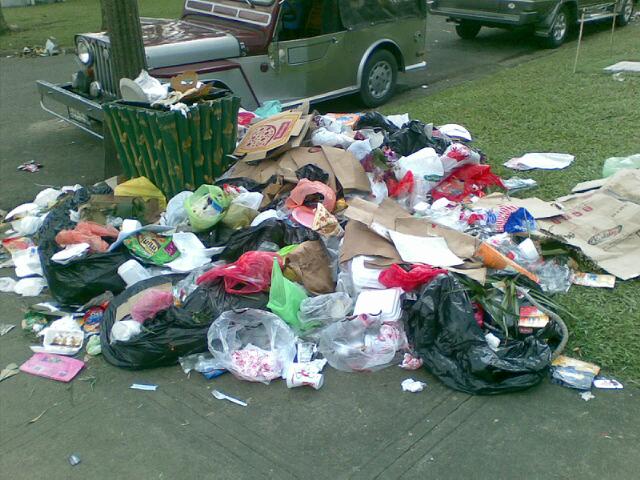
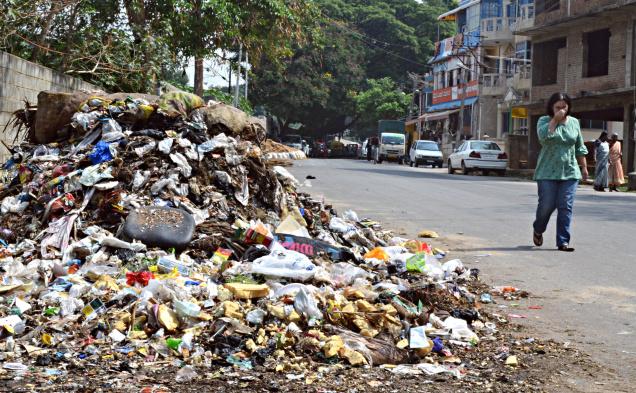

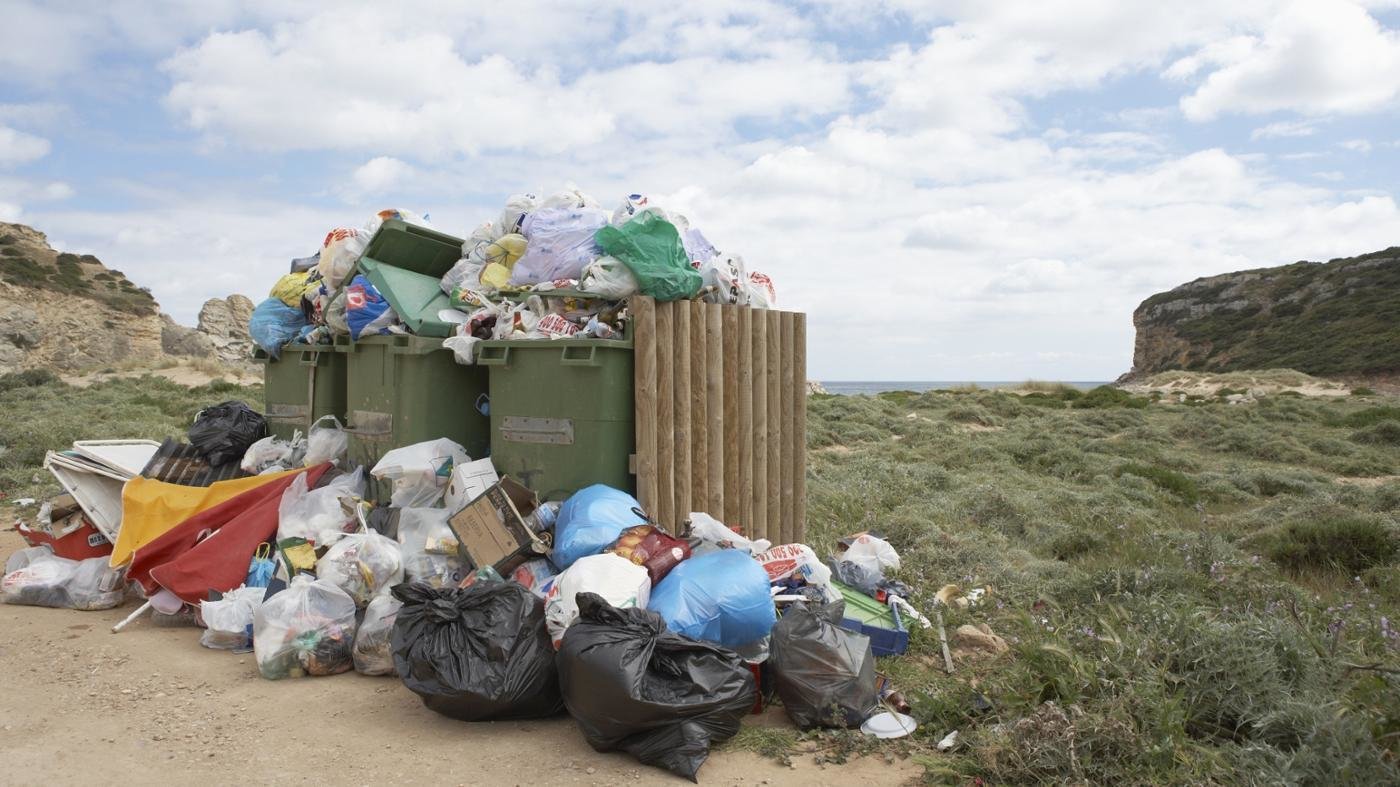
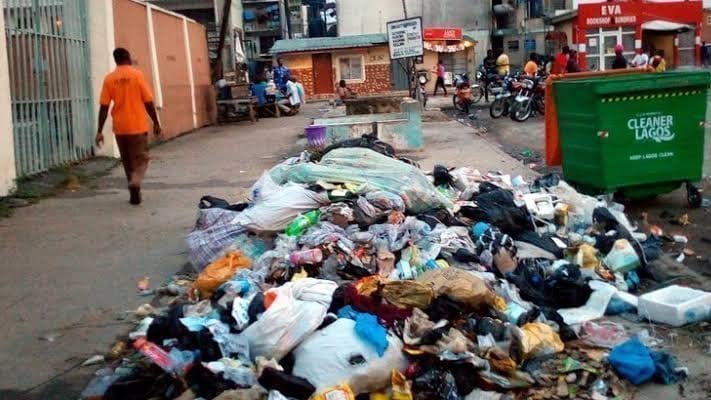





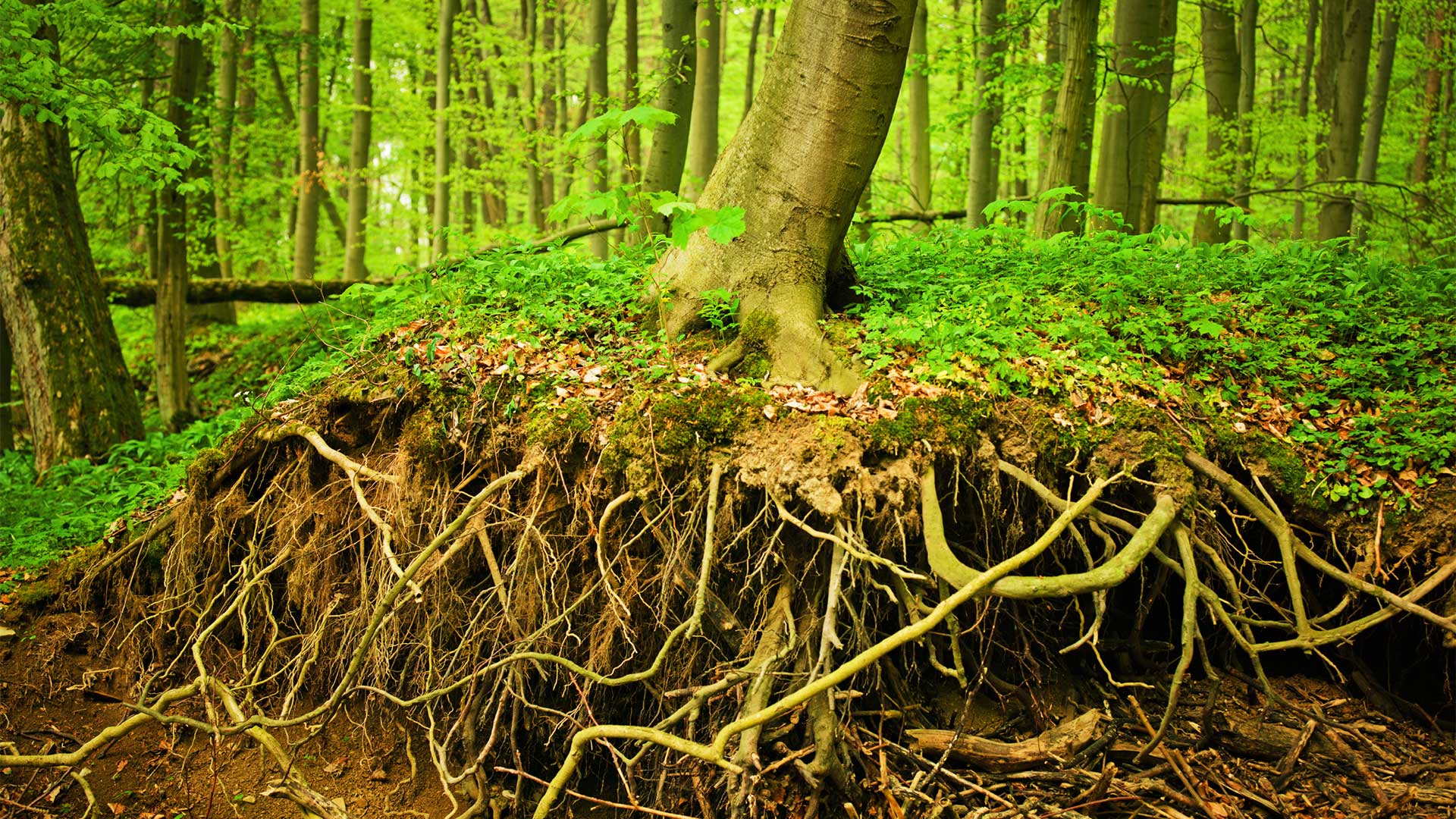
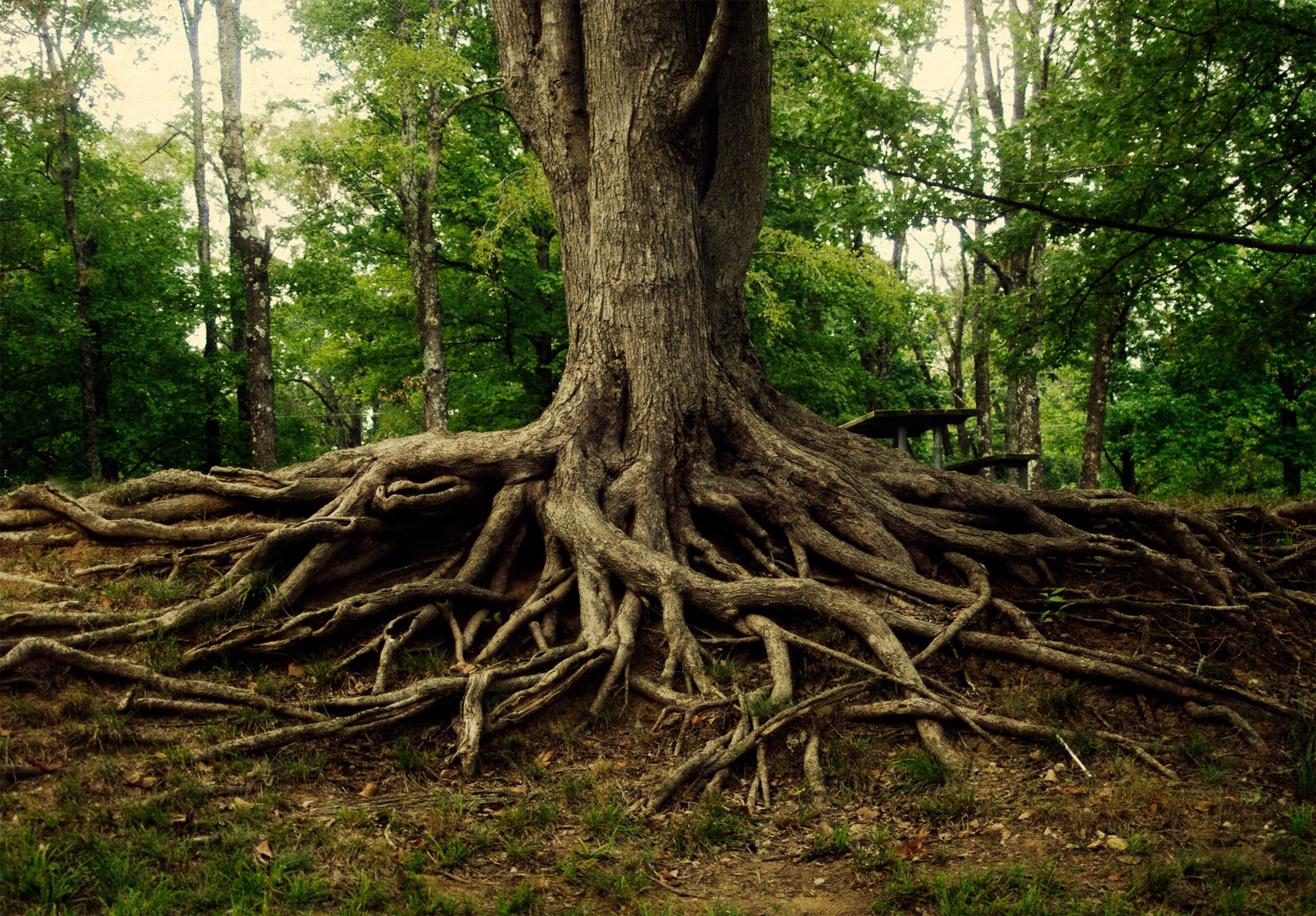

:max_bytes(150000):strip_icc()/GettyImages-148551365-b96c85086f574e23832411a60abd34d7.jpg)

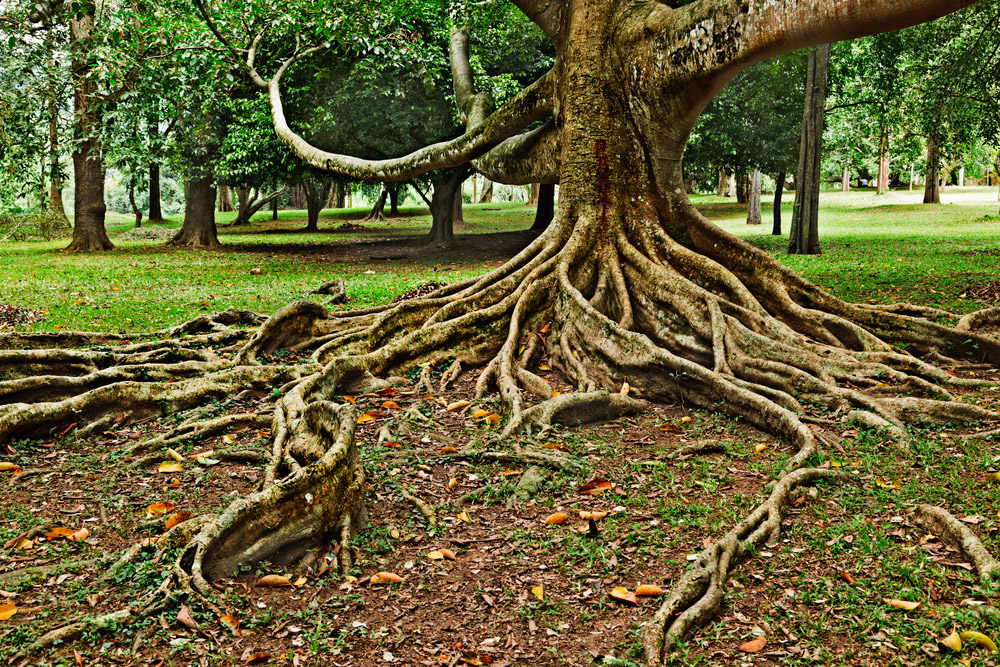


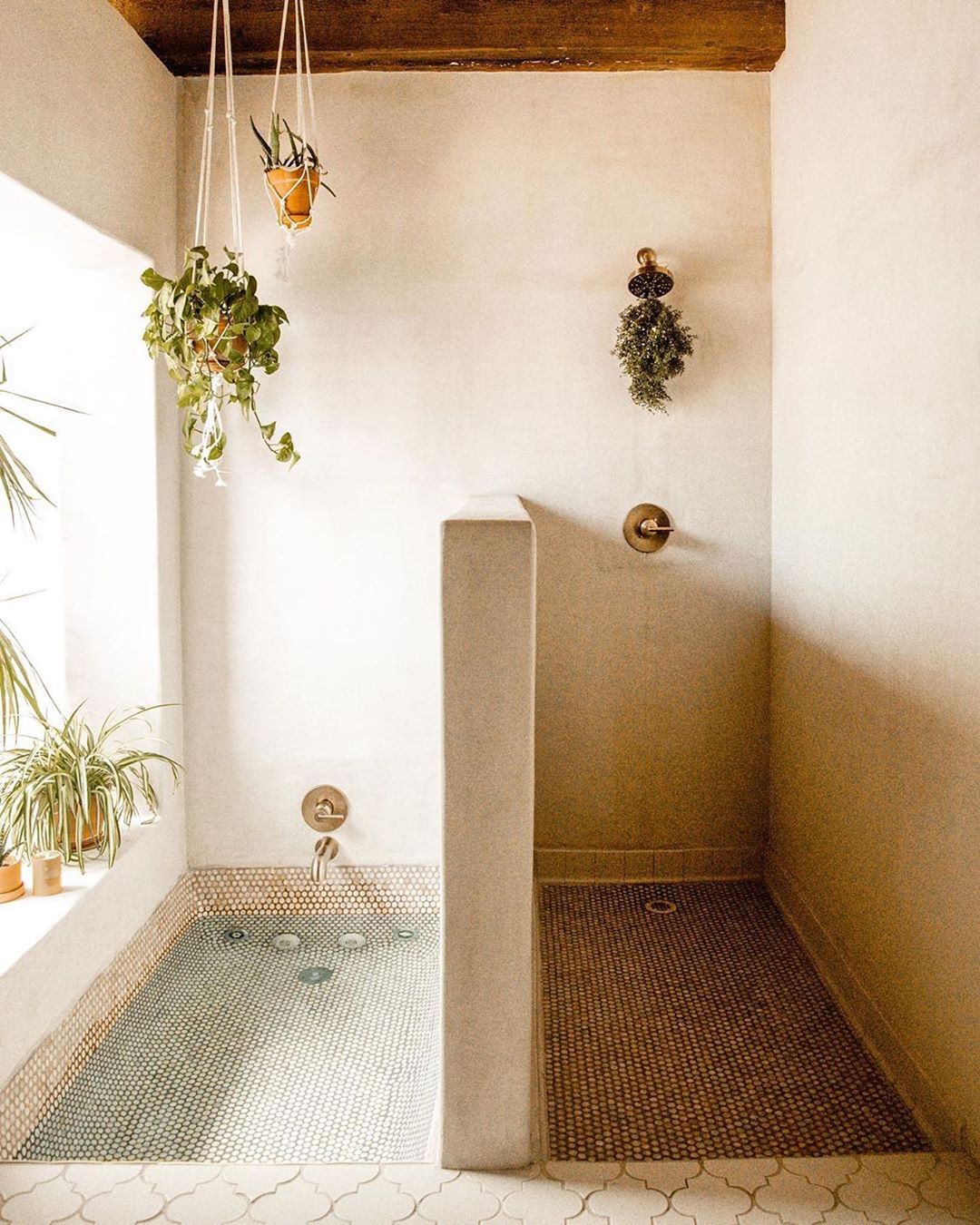


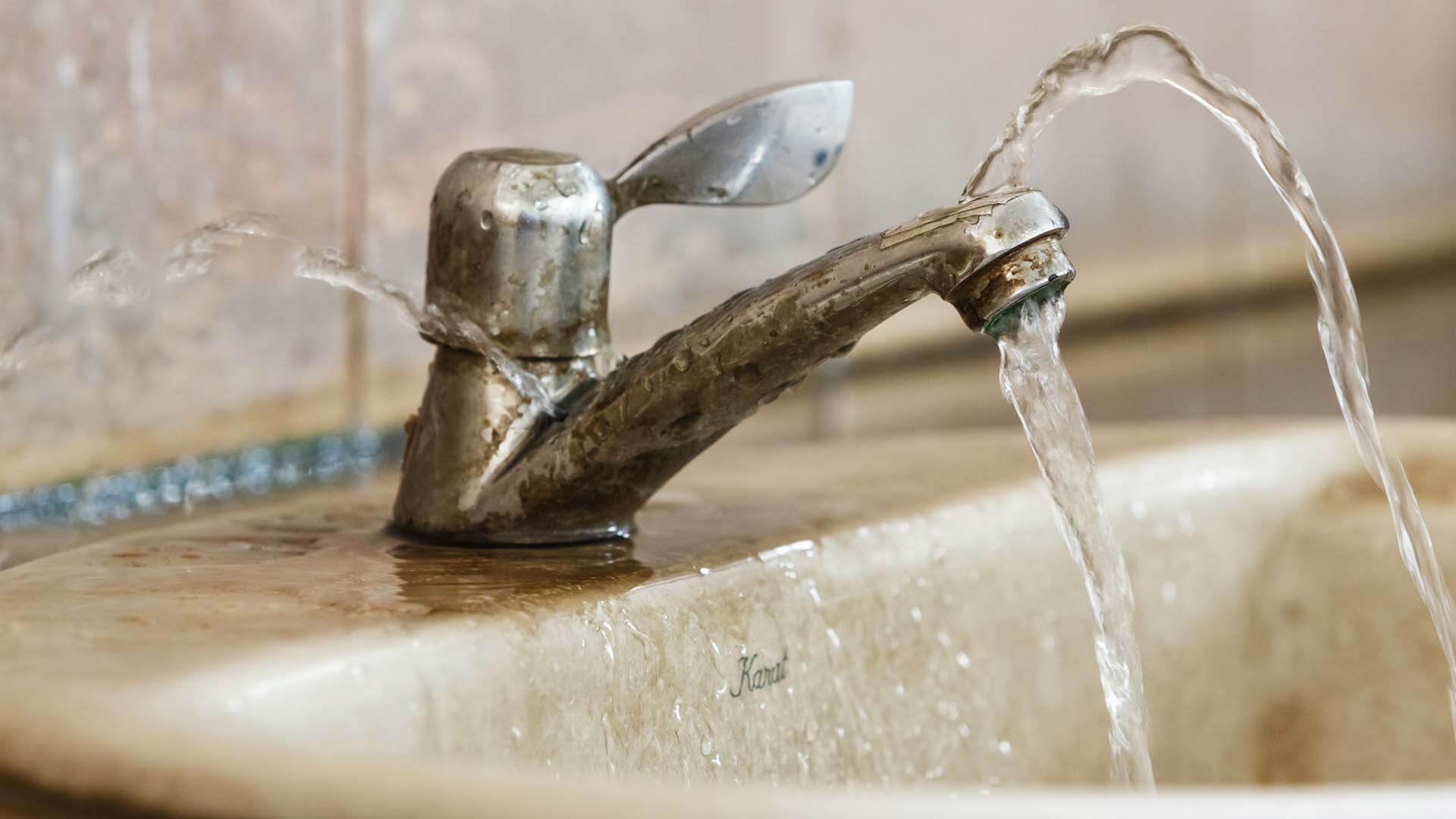
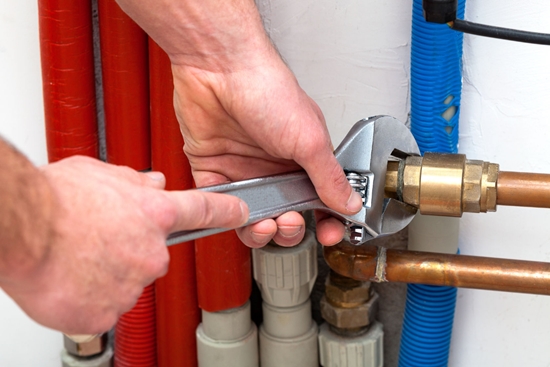
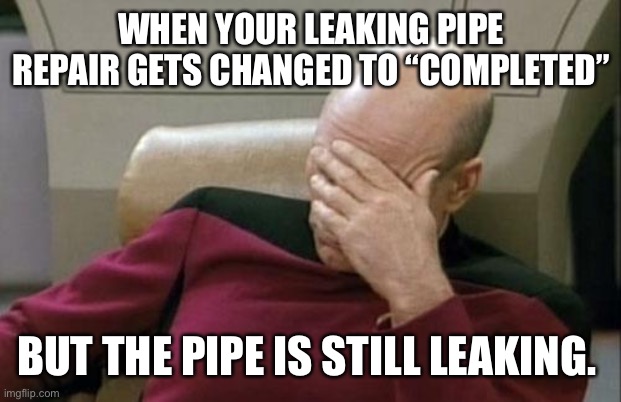








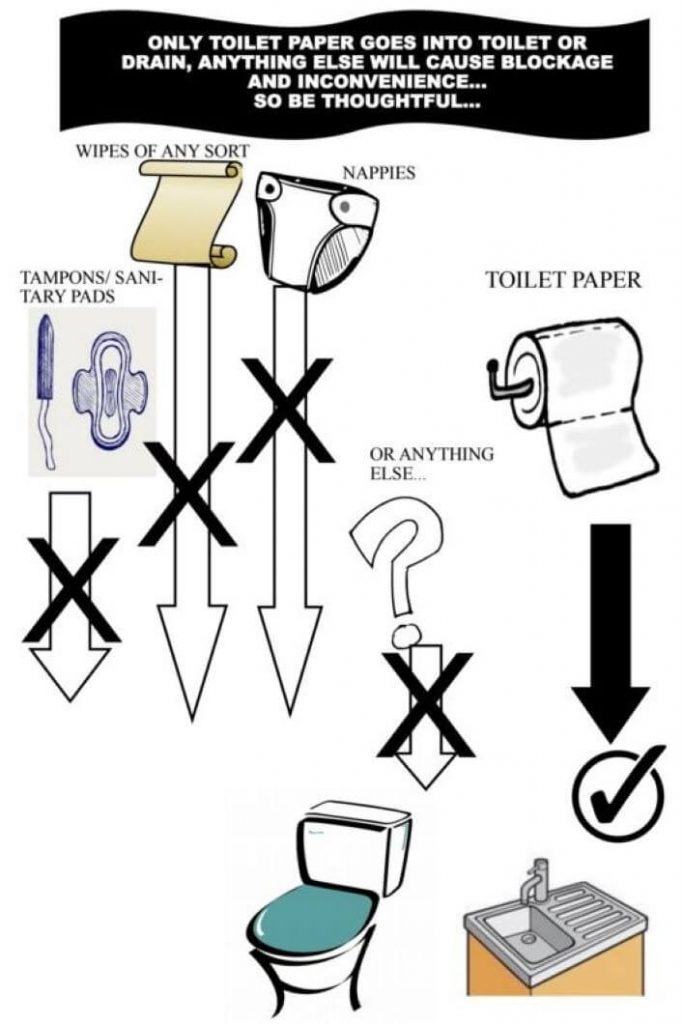


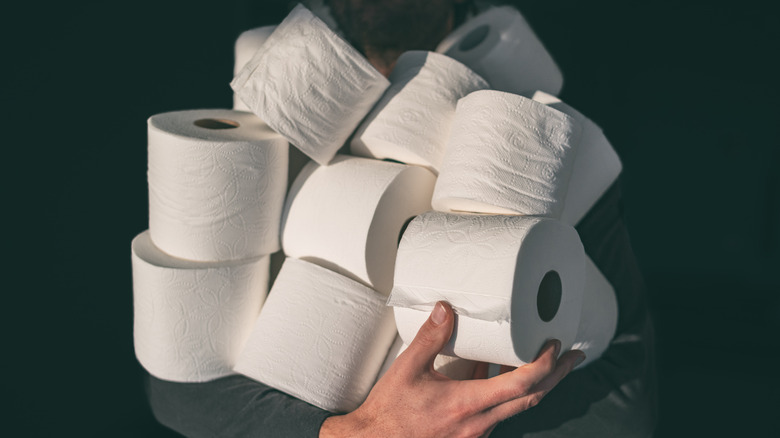


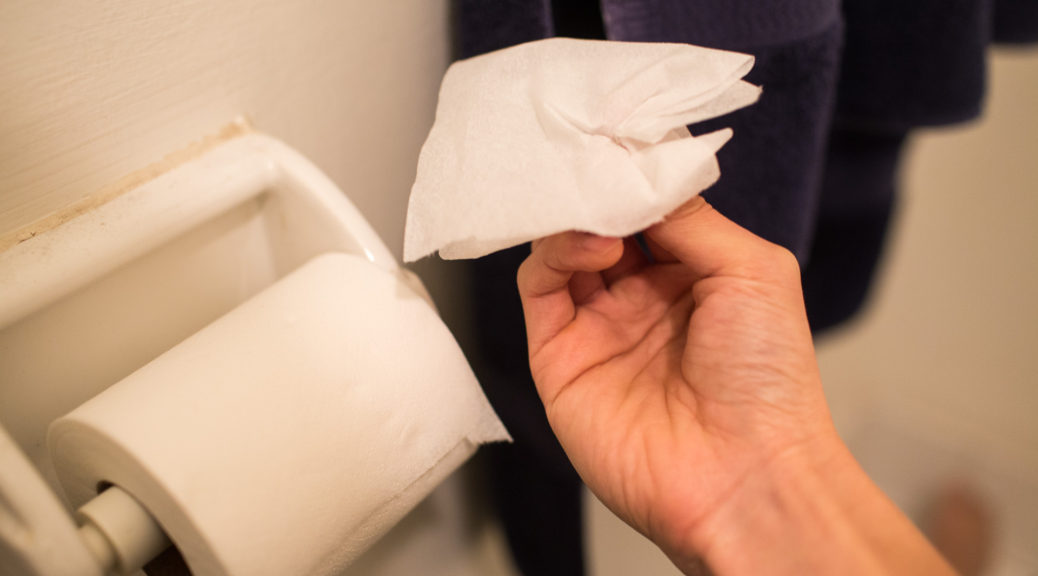


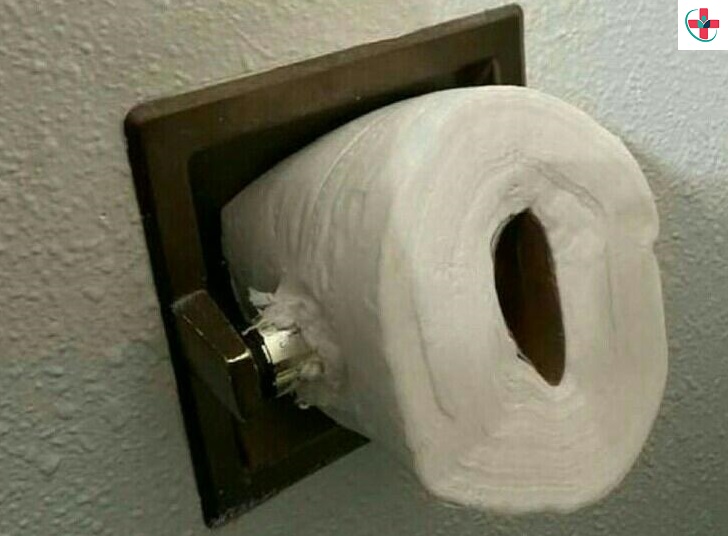




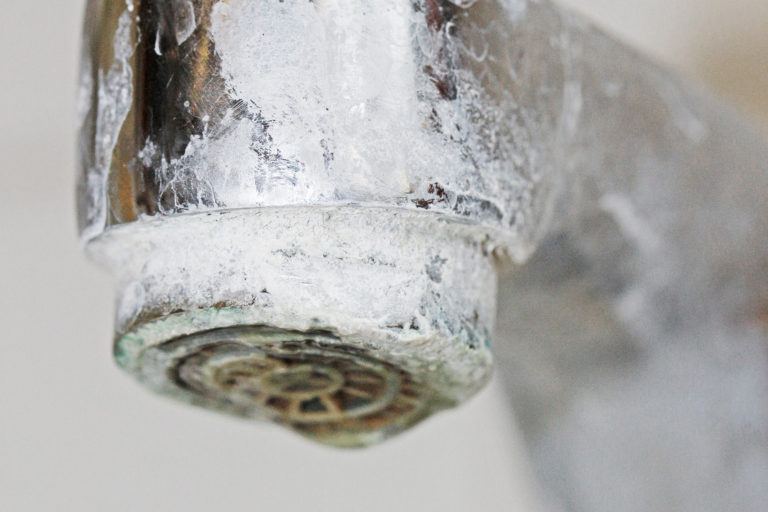
:max_bytes(150000):strip_icc()/how-to-remove-soap-scum-4137657-02-1283c17f45914fd0b968068bf67560aa.jpg)
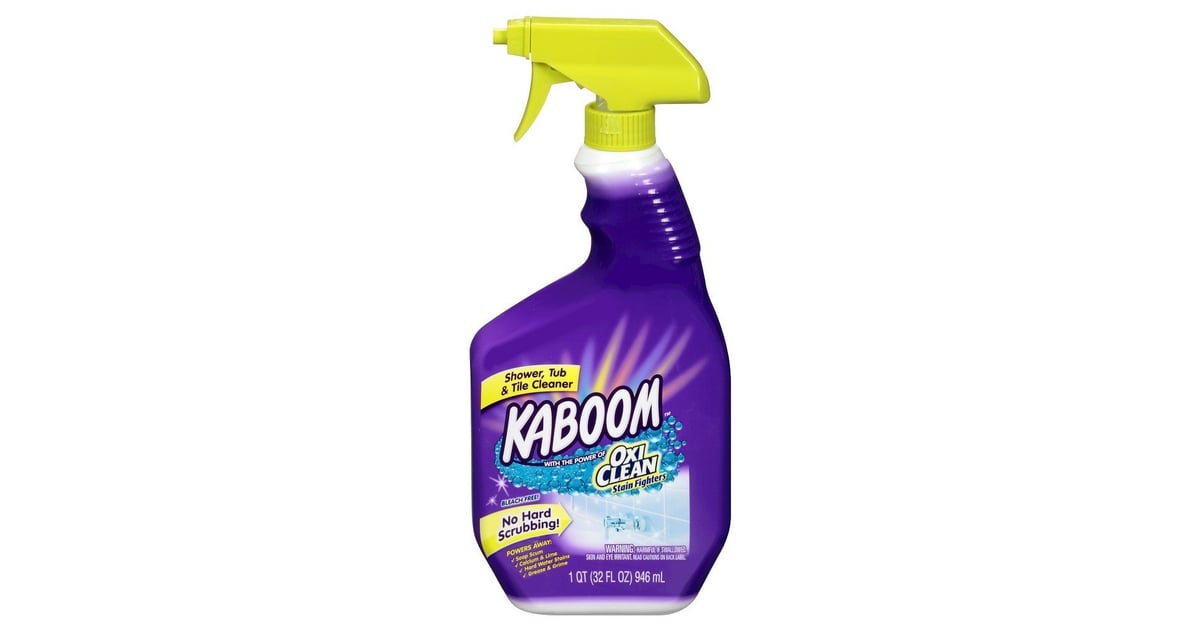
:max_bytes(150000):strip_icc()/how-to-remove-soap-scum-4137657-03-55aca056e3d14a3b8726c9dc8e039e85.jpg)
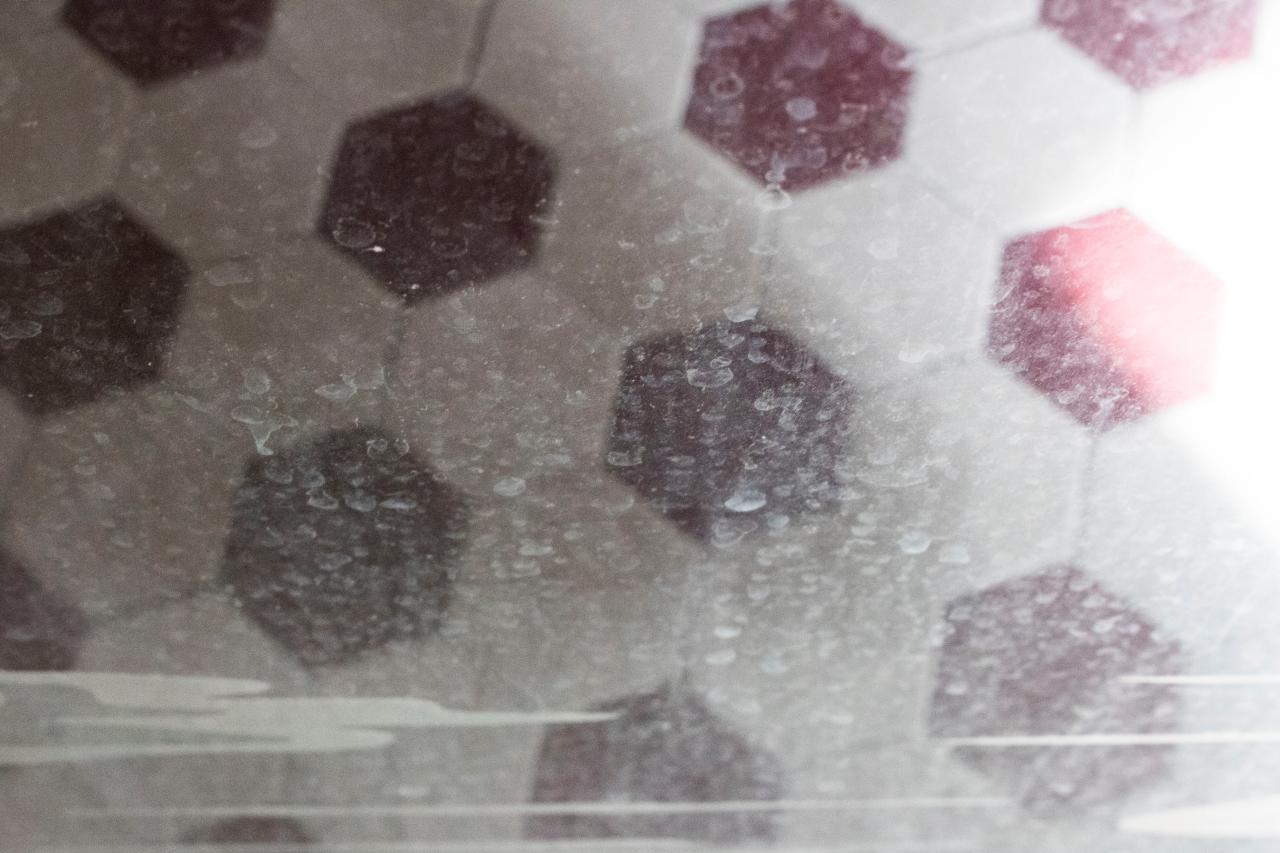
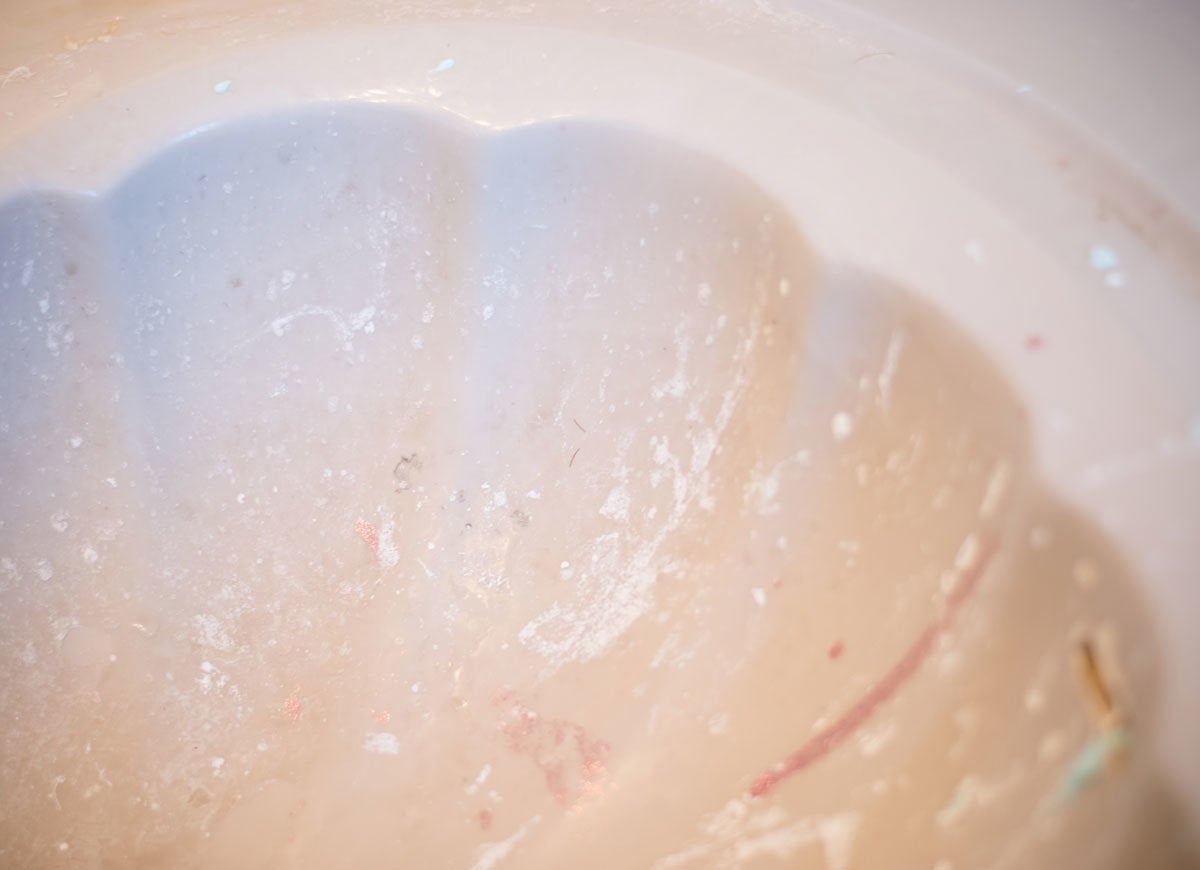

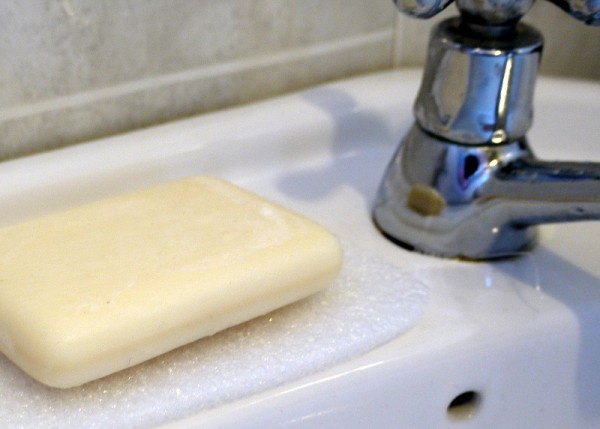
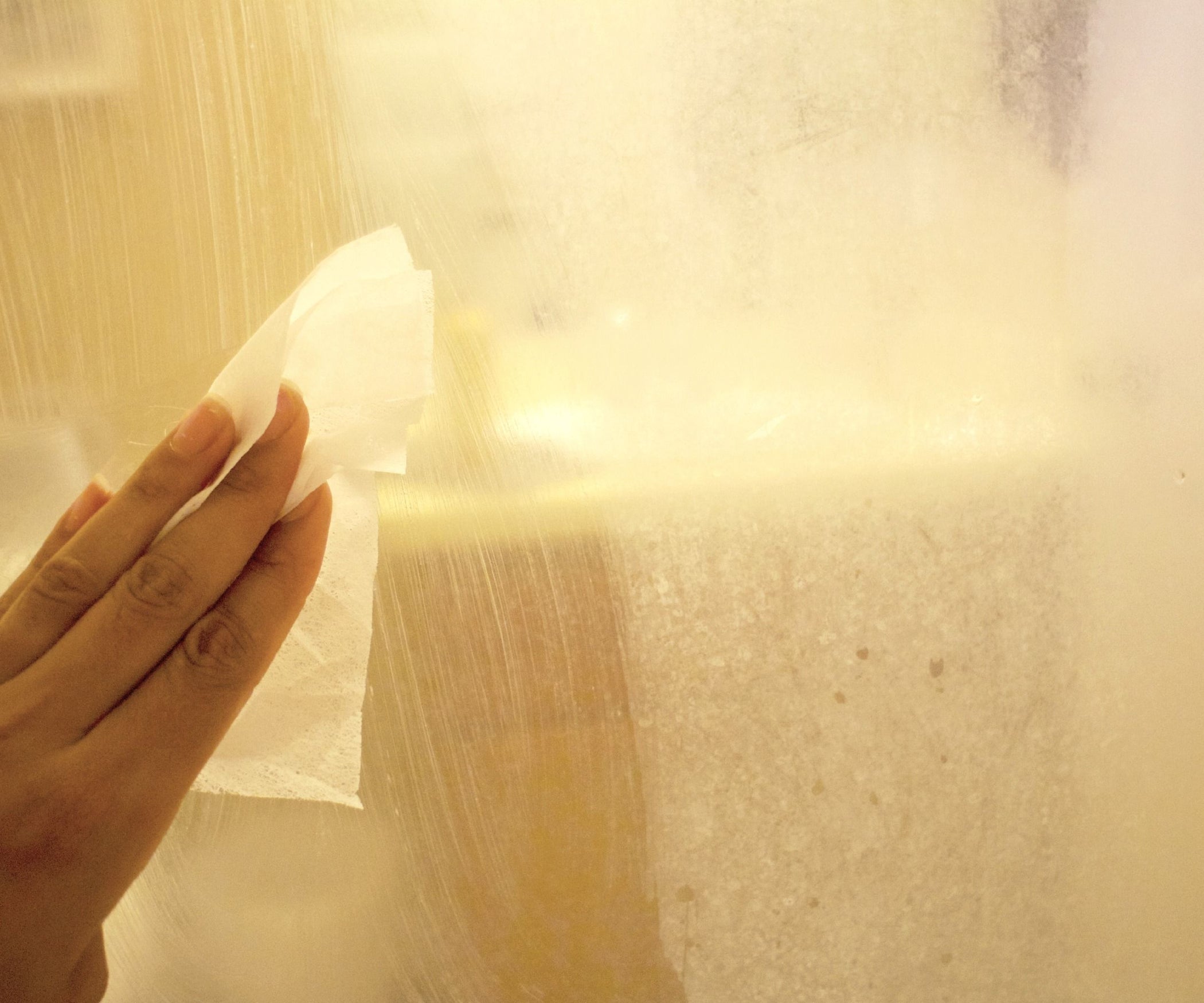



:max_bytes(150000):strip_icc()/causes-white-residue-washed-clothes-2146672-01-634f8b3c791f41fc8b11ced5453beba7.jpg)
